
PIXELS
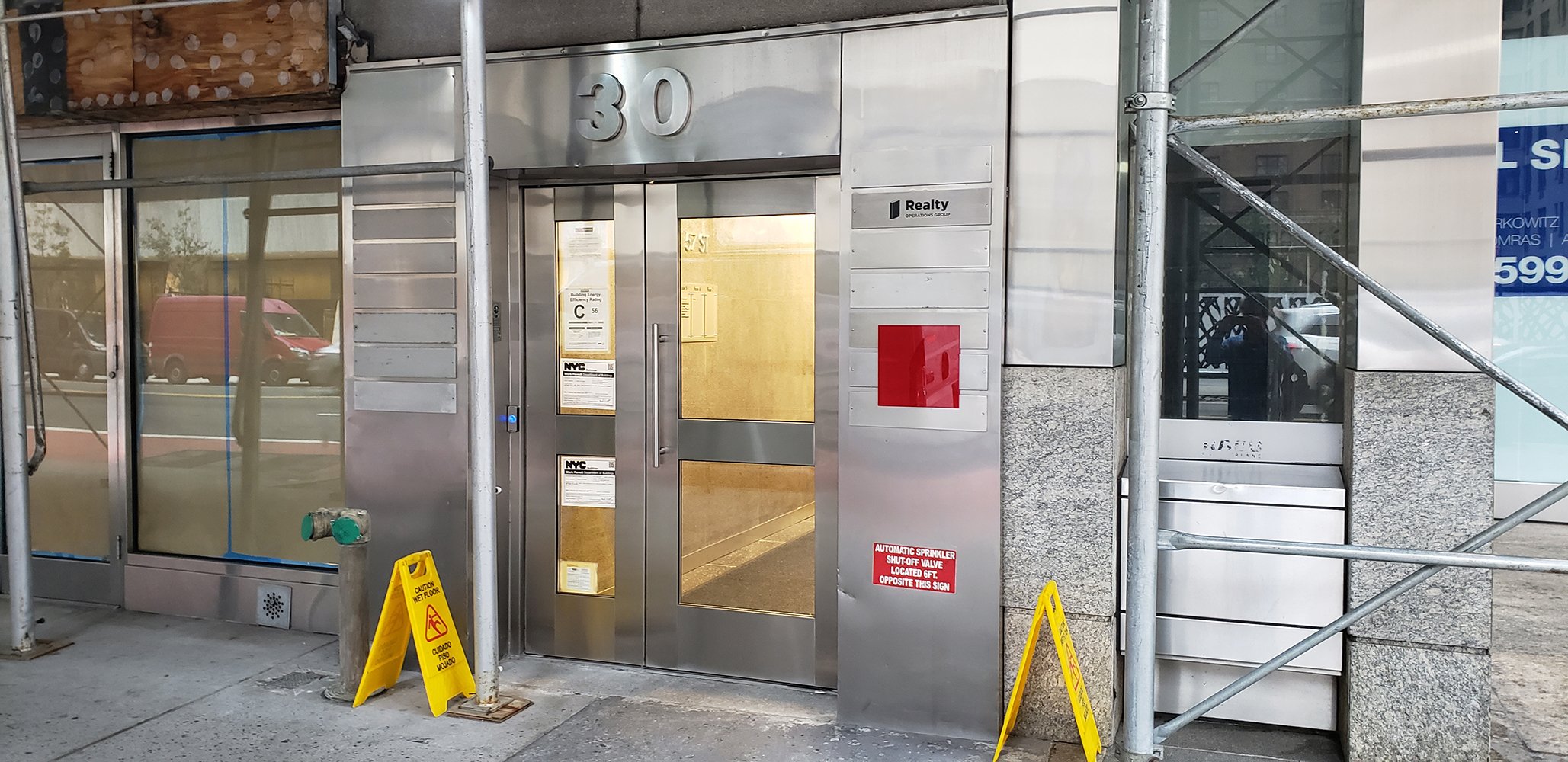
“… without art we would surely still believe in all sorts of nonsense, the first artist made a fool of death, and with it of the king and the priest …”
PIXELS
Beletrina, Ljubljana, 2021
pp. 350
The protagonists of Pixels find themselves at their breaking points. Their personalities are under pressure; they are haunted by memories, trauma, emotional complexes, their minds are intruded into by algorithms and surveillance systems, they are toyed with by diabolical coworkers and sadistic companions, as if they no longer had the right to exist as individuals. Their thoughts are ablaze as they confront experiences that exceed them, misunderstood minds in an incomprehensible world.
A young woman in the grips of greed, a young man observing life through a hole in the wall, an artist painting on his window with his phone, the memories of a couple at their moment of breakup, a worker losing his days and losing his child, artists on their way to dinner, a designer, taking the train to arrive into perfect stillness, and someone or something diligently recording the shifting shapes of their every aspiration.
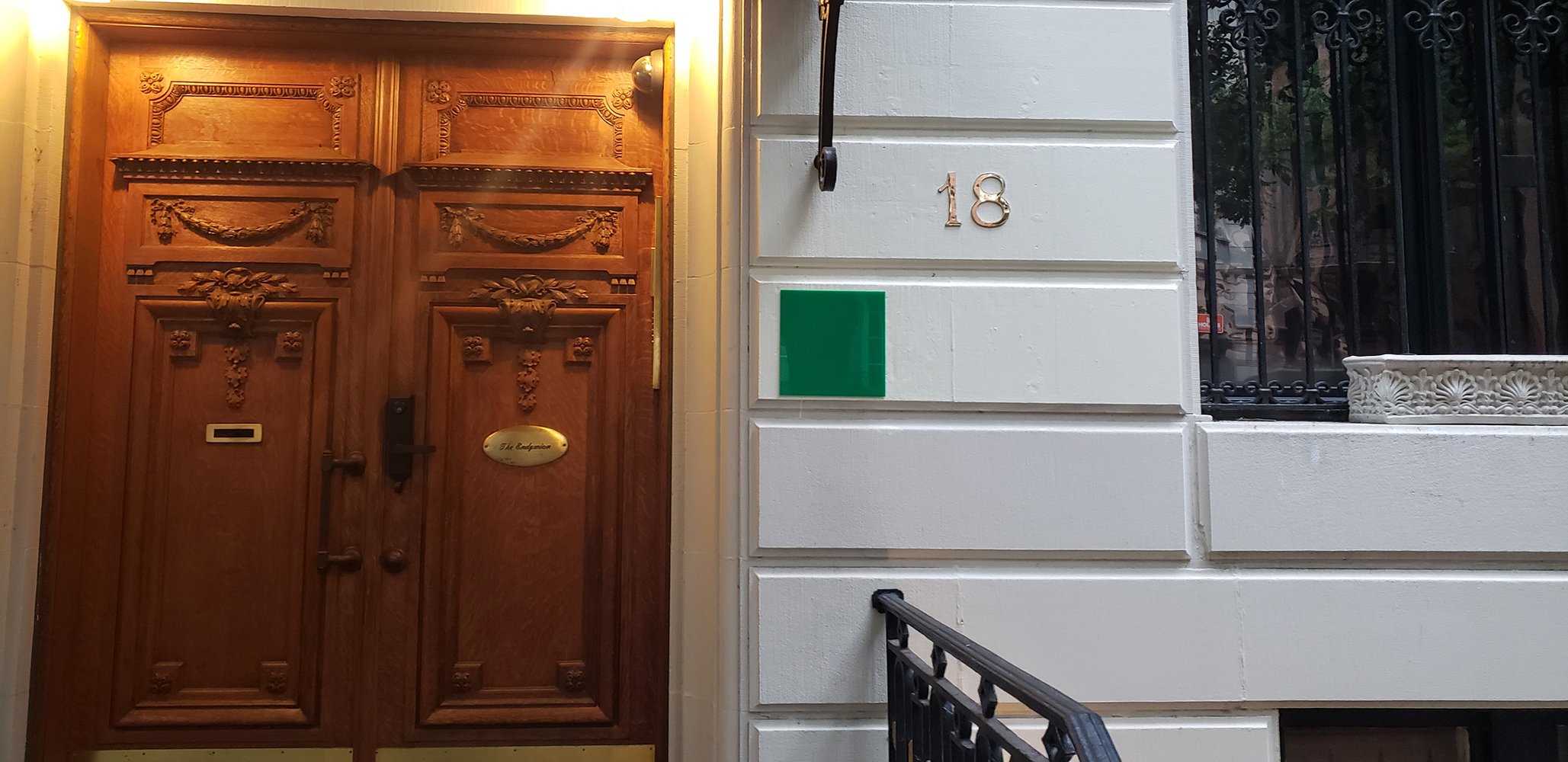
“‘How did we get here?’
In the fresh of the morning, shadows crossed, trailing oxygen, six people were ascending the stairs of the entrance to a building.
‘Nobody knows,’ said one, and another replied, ‘what do you mean, nobody, you paid for it.’
‘Can’t argue with that.’
They held hands, exchanged grips, already dangerously close to trespassing into reality where everything would evaporate. Three women were orange around the mouth.”
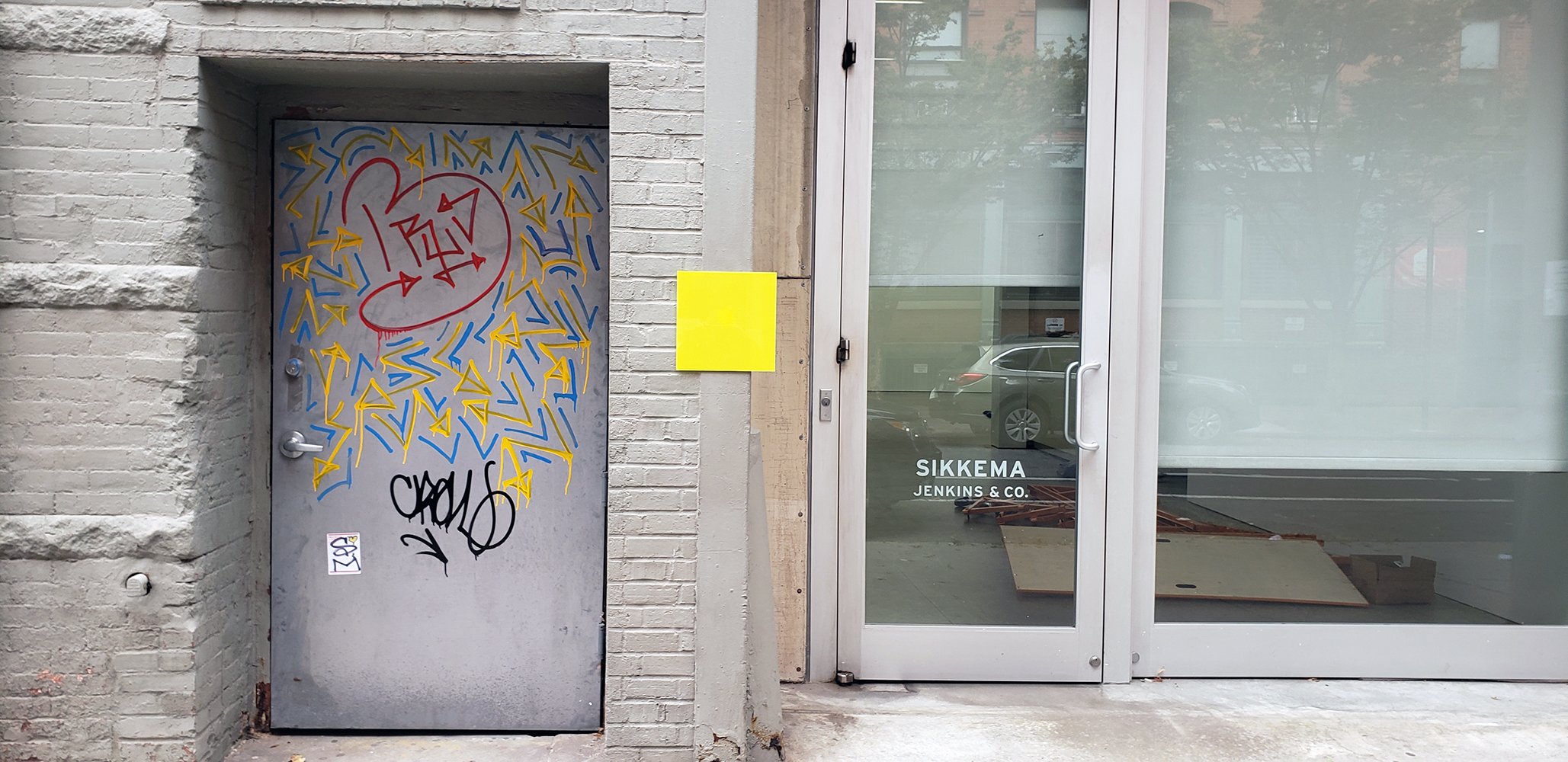
“The most important author of the 21st century will be artificial intelligence.”
Interview in Slovenian, MMC RTVSlo, Feb. 1, 2022
The fragmentation caused by the endless stream of information delivered through our screens raises a central question: how will beauty be experienced by those who view the world through their phones? Social networks and the web appear in the novel as enemies of beauty, a continuous flow of information without meaning, “wasted time.”
It’s an abuse of human attention—of the eighteen waking hours in a day, attention markets try to draw all those hours to themselves. Their only purpose is to harvest our attention, to keep us staring at our phones for as long as possible, and they will exploit every physical predisposition we have to achieve this, the way our brains work, the structure of our personalities. As a writer, I have both a personal and a professional stake in this. Reading my novel requires about twelve hours of attention—the same as binge-watching a show on Netflix. I make my living by writing, so I am in direct conflict with the attention markets. Every hour someone spends with my book is an hour not spent in front of a screen.
The broader problem is that the modern information landscape is flooded with content designed to keep you perpetually on edge or trapped in loops, while the horizon of possibilities keeps shrinking in the background. It seems that when it comes to utopian thinking—society as something radically open to the future, which is a basic fact of our reality—we were once able to imagine broader possibilities than we can today. Some ideas now go nowhere because they don't elicit instant engagement. If we find ourselves facing an existential crisis as a species, not just as a community, our current ideas about society can only harm us. It’s difficult, however, because questioning some concepts makes many people defensive or aggressive, especially since so much propaganda is instilled through mass art, and it’s hard to erase the fond memories you’ve made with Disney characters.
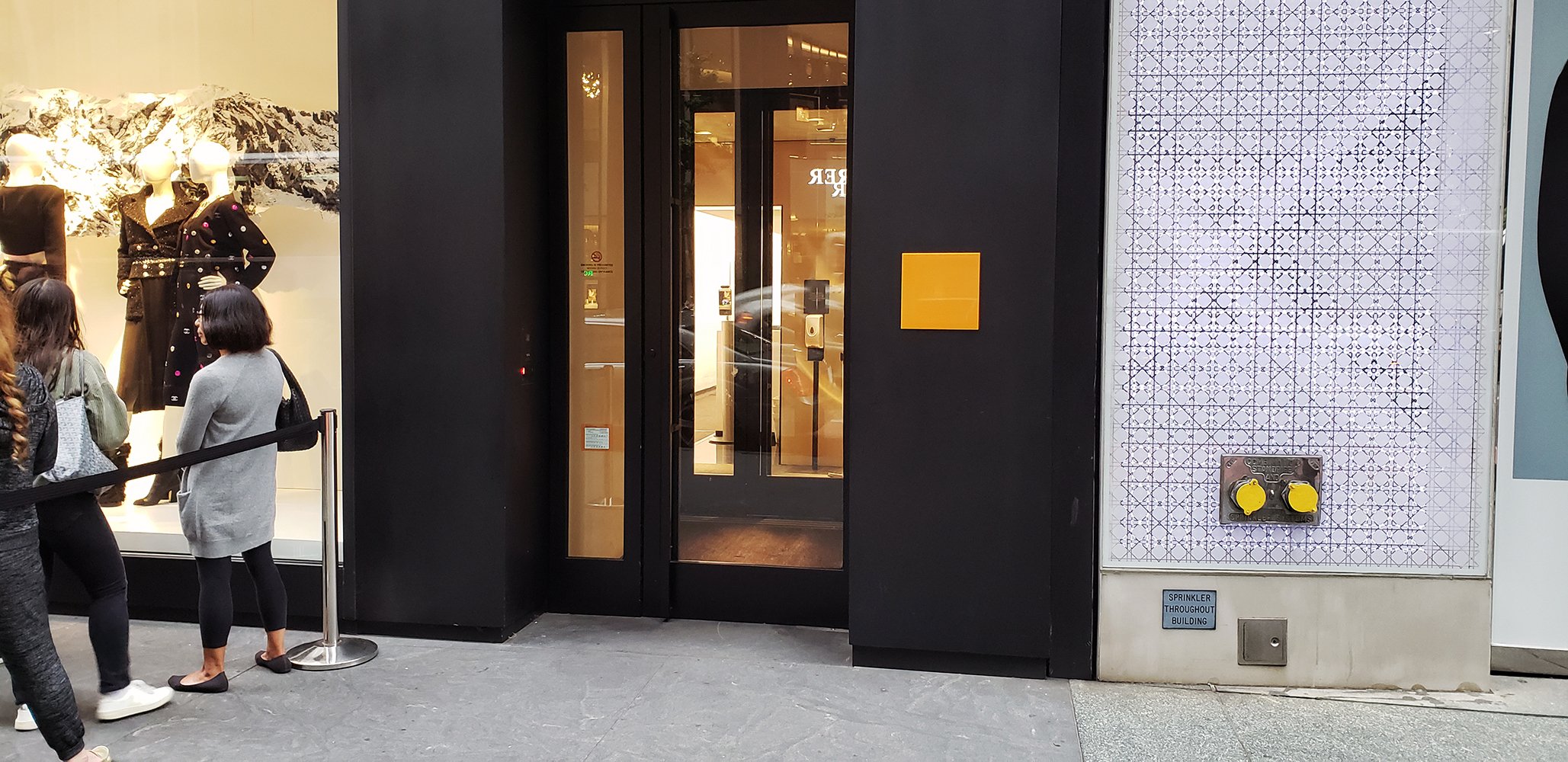
“Nothing happened. He took a deep breath and experienced the street as a place of ordinary stillness, with a simple mosaic of lights in the windows, the unobtrusive sound of meager traffic, and the half-hearted flutter of birds, with a few passers-by shaking off every gaze, untouched in their trivial actions.”

“... a dance of liquid crystals, drawing attention to the transmitted nature of the masterpiece, to the mask of digitization that slips like a plastic membrane between us and the world, to the reconfiguration of our sensory organs, our perceptions that were mutating under the pressure of code in an evolutionary contest with the machine, lost in advance. He knew his work. It was okay.”
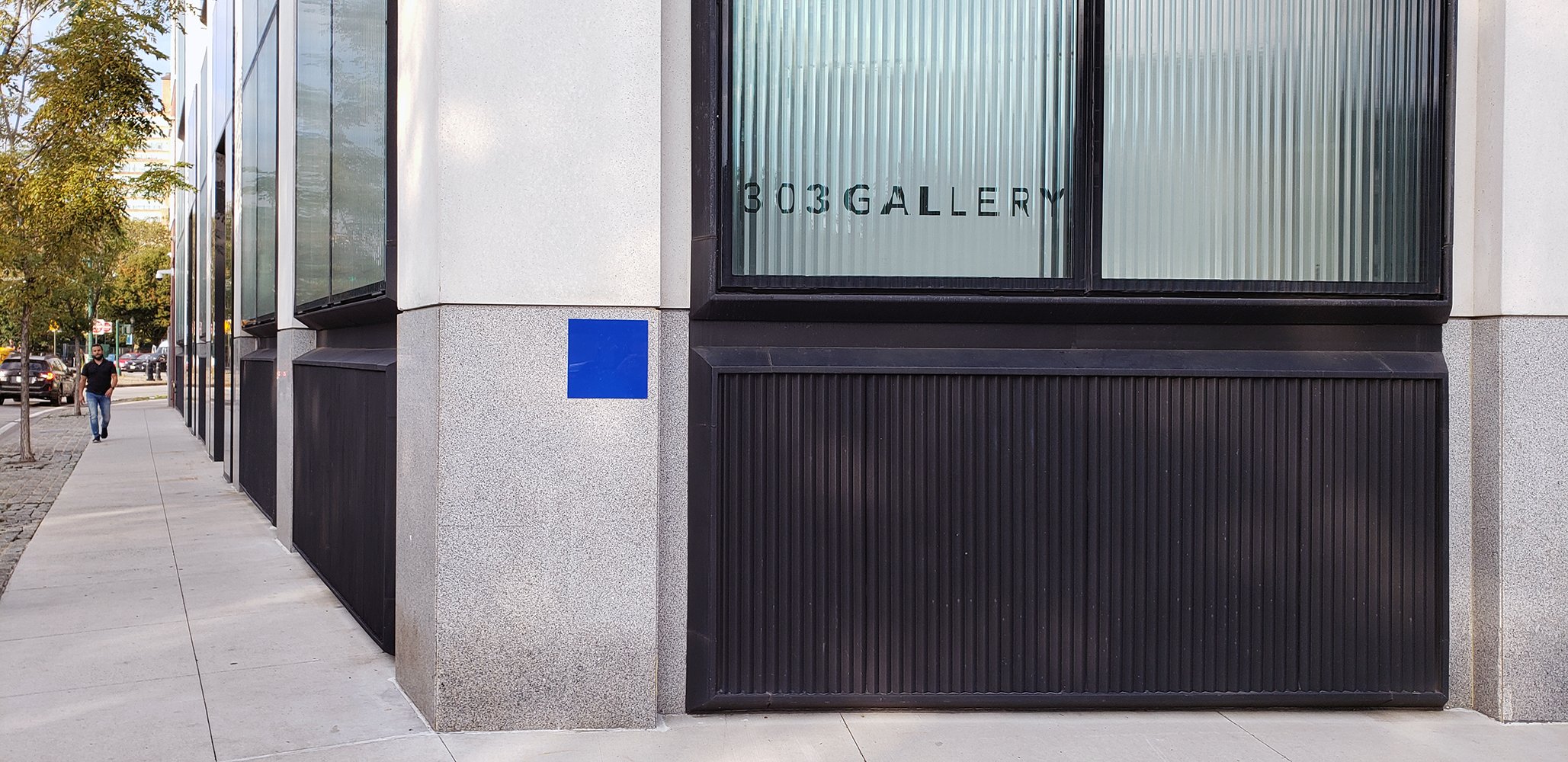
“He would have liked to believe there was a possibility for some sort of a confession, for something he could say that would place his life alongside the understood lives of humanity, but he had his doubts. The wall that separated him from others was not there for defense, it was only there so they could imagine something behind it.”
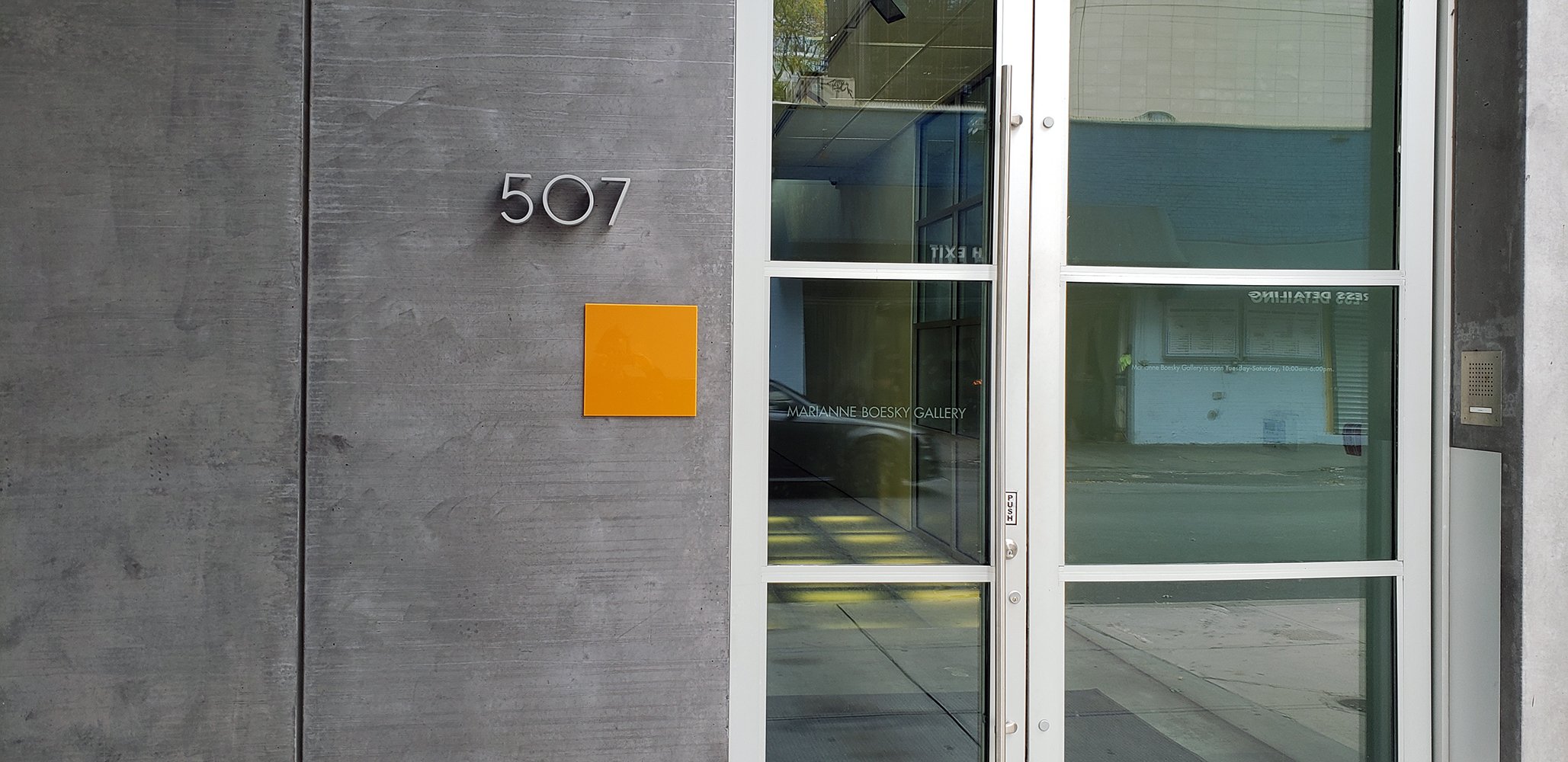
“Without the sense of loneliness to hold her together, her body began to implode.”
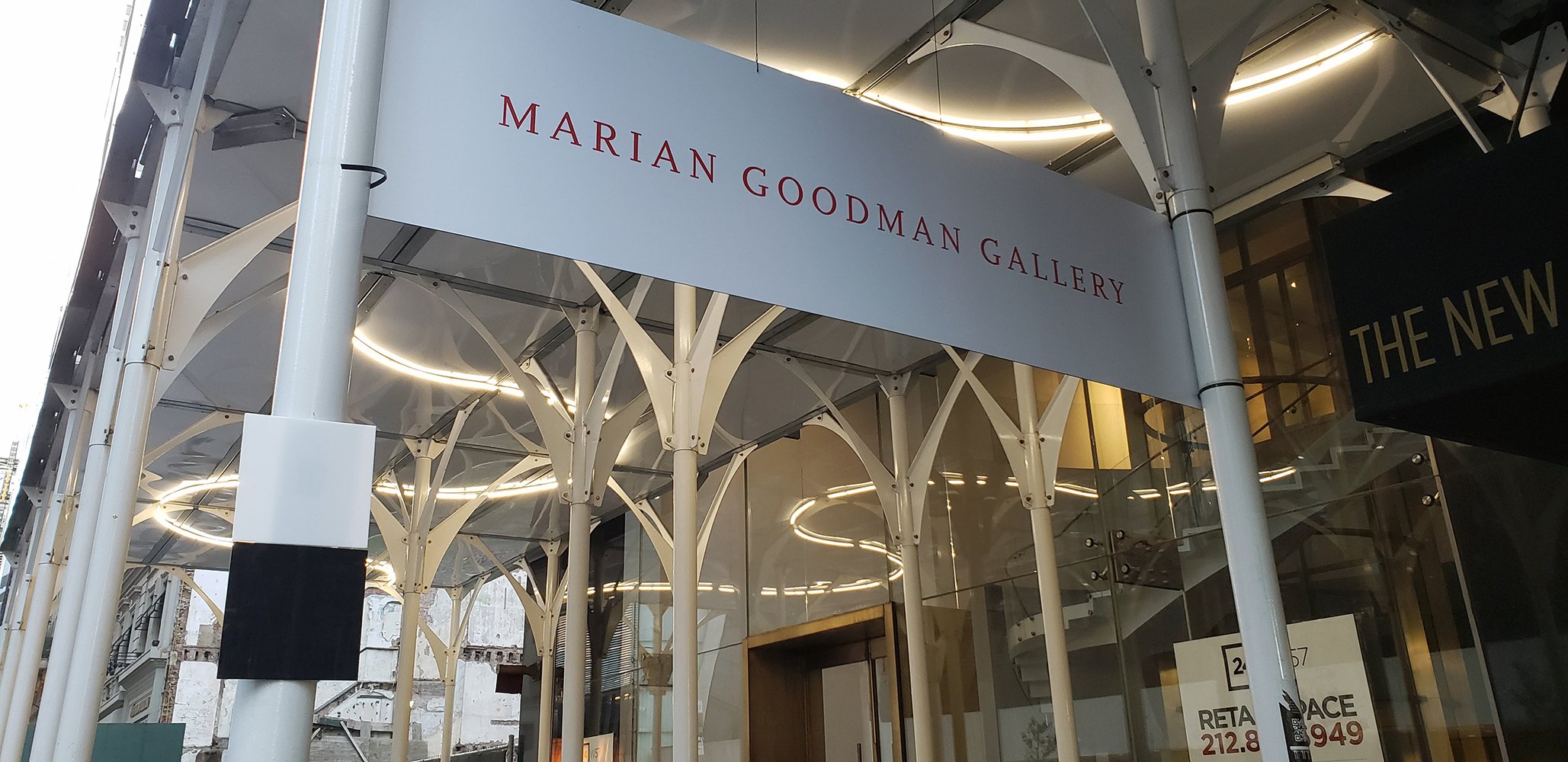
“… all the ruminations of his mind, all its imagined, contrived, and fabricated stories were distractions on his journey to his goal, an implanted sequence of metaphors looking for the right angle to take him out of motion, to mortify him in his tiny room, to drown him in all possible visions of his destiny except the one he could actually create for himself.”
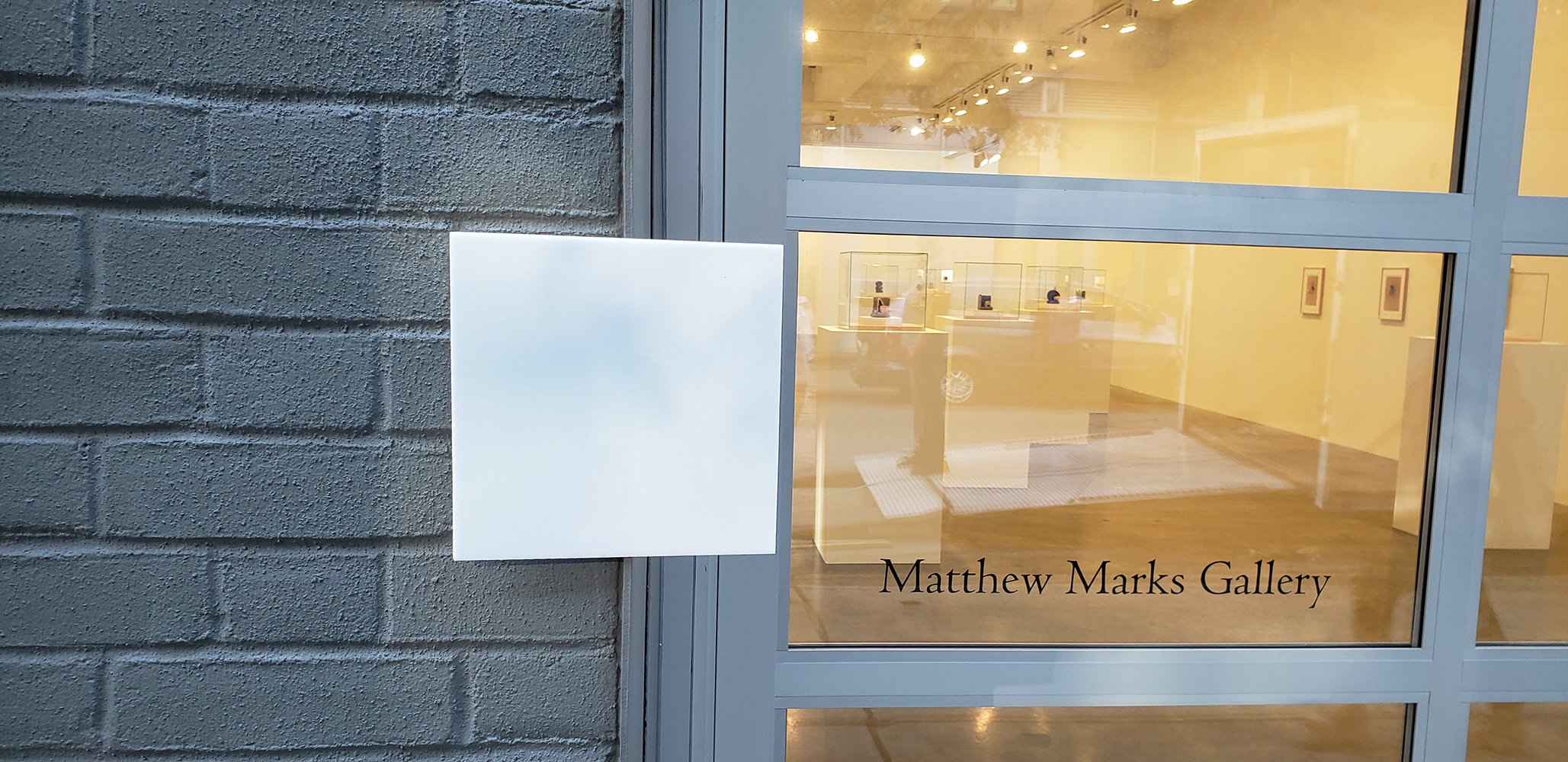
“All she remembers is running around on the scorching sand with the feeling that she urgently needs to tell him something but is unsure whether she does not know how to tell it or cannot physically say it, or whether he cannot hear or is unable to understand her, and a scene where people disappeared in a cloud of dust and reemerged like wood chips on a choppy surface of a pond.”
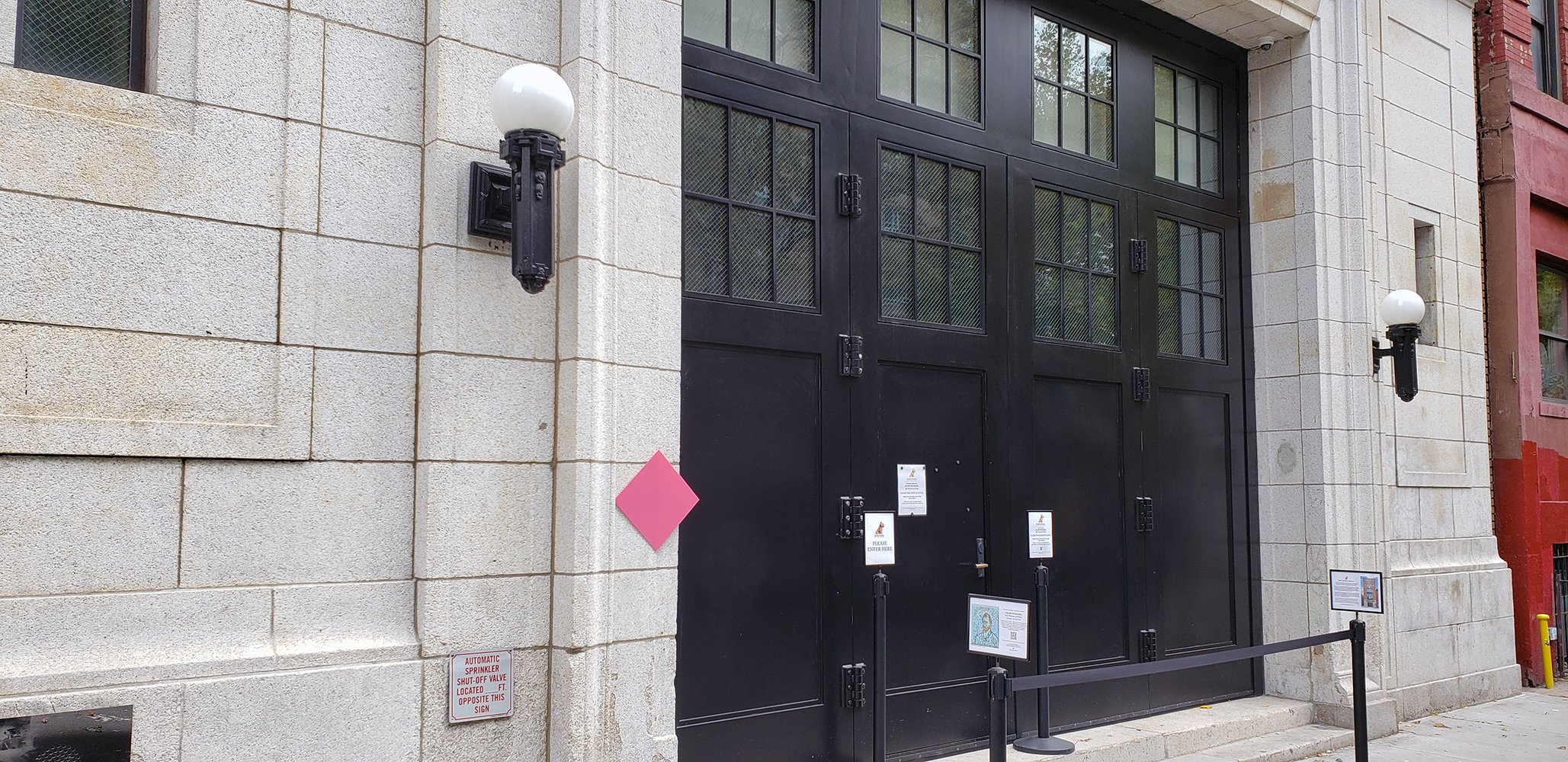
“Every building, like every light bulb, draws its own zone of influence and remains indifferent to the darkness beyond.”

“In the Anthropocene, the past is always around us, tomorrow's weather is the consequence of every action we have ever taken. So, there is no past. It persists. We cannot get rid of it. In the Anthropocene, we are all completely clairvoyant. All you have to do is remember.”
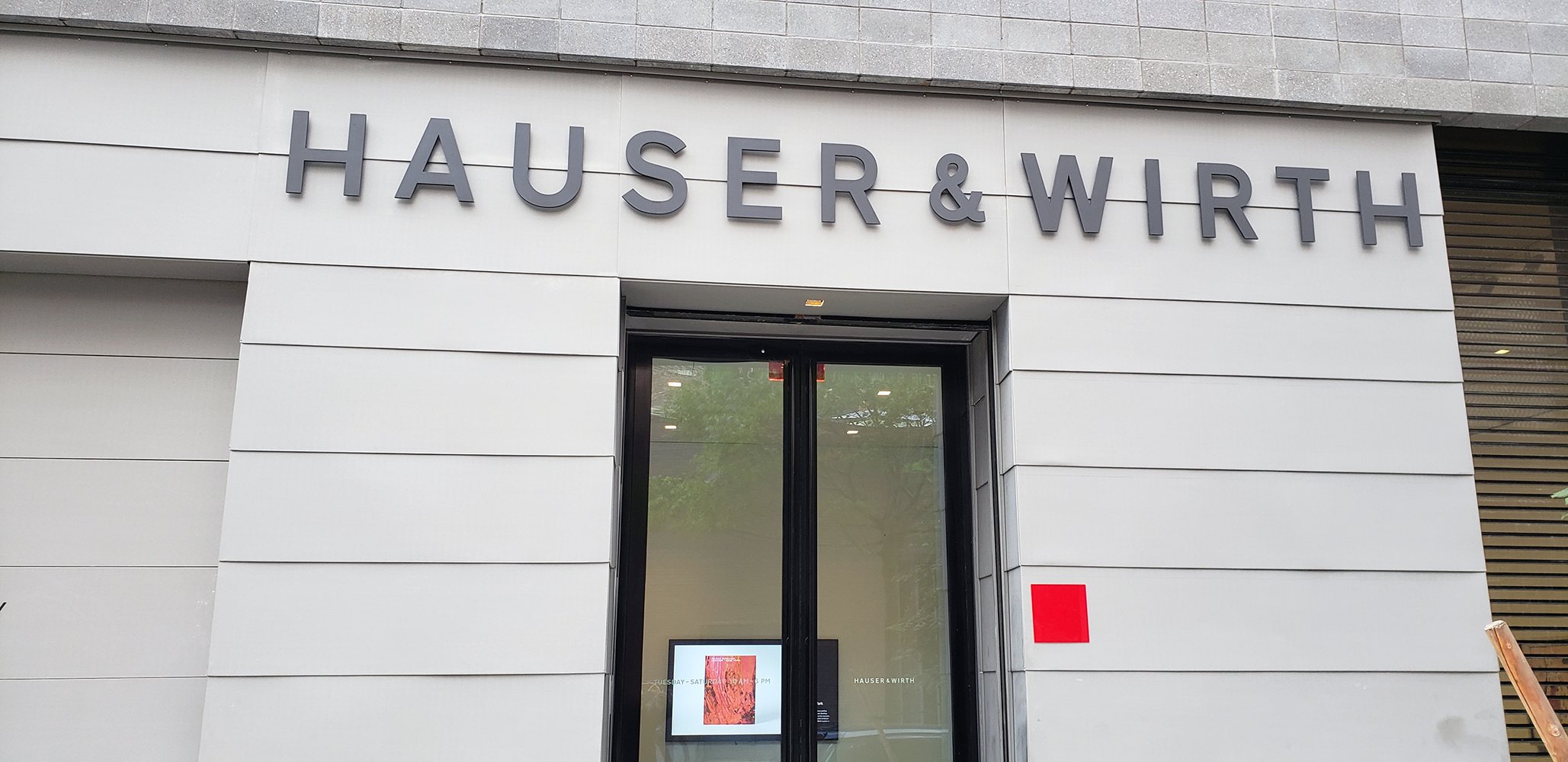
“Although the surgeon strongly advised against it, Julius Graff had a USB port inserted into the back of his head, right between the cerebrum and cerebellum, because he was convinced it would someday come in handy.”

“It has been a long time since he last saw the world as it is seen by the eye of God, in the distant lengths of light where there is no space for anything but the immediate meaning, and he now had to see it all distorted, filled with the meanings that denoted the ownership of all its forms.”
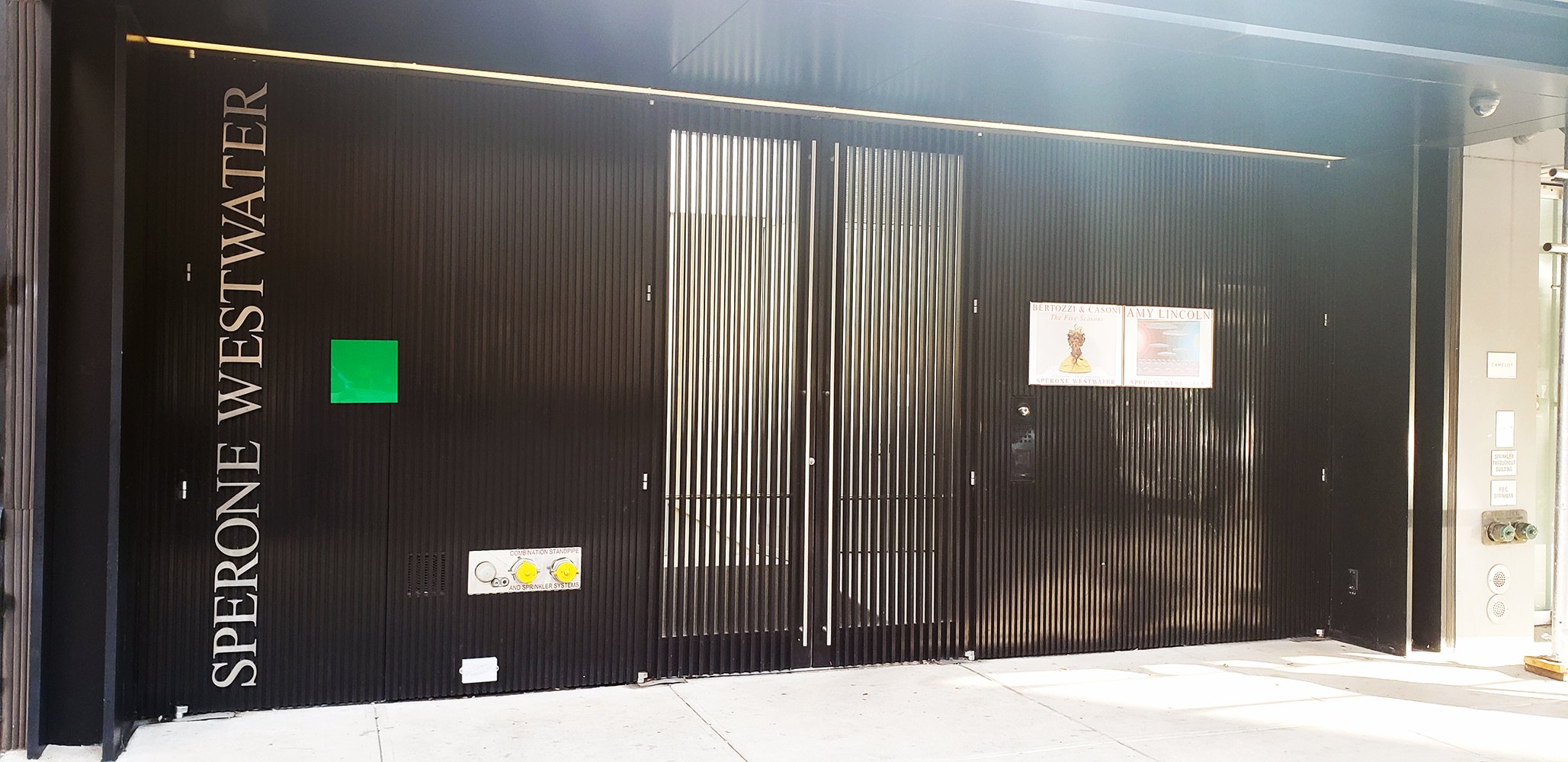
“All the elements of reality are set in perfect relation to the consistency of the human mind that perceives them. The meaning of the pattern is correct if it triggers an effect. To be observed is work. To observe is not the same as to perceive.”
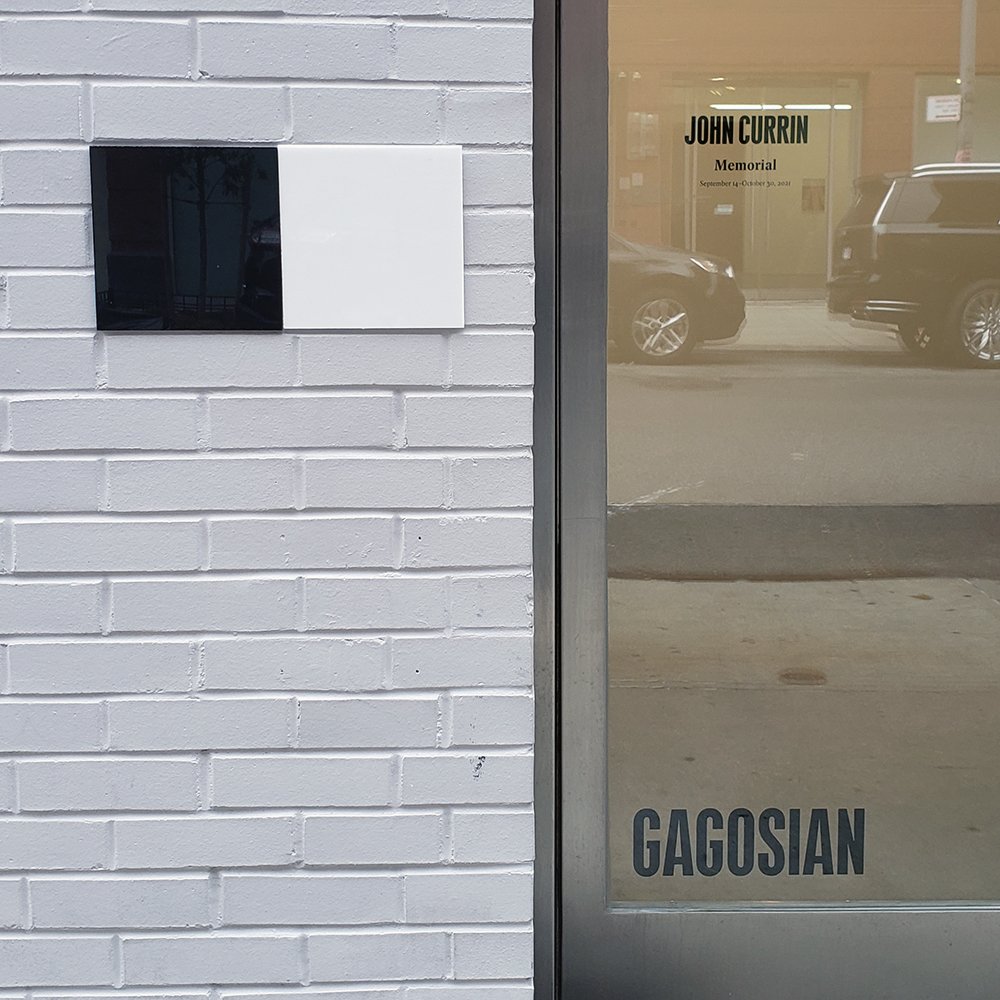
“Every community is a ceremony of a pop-up religion.”
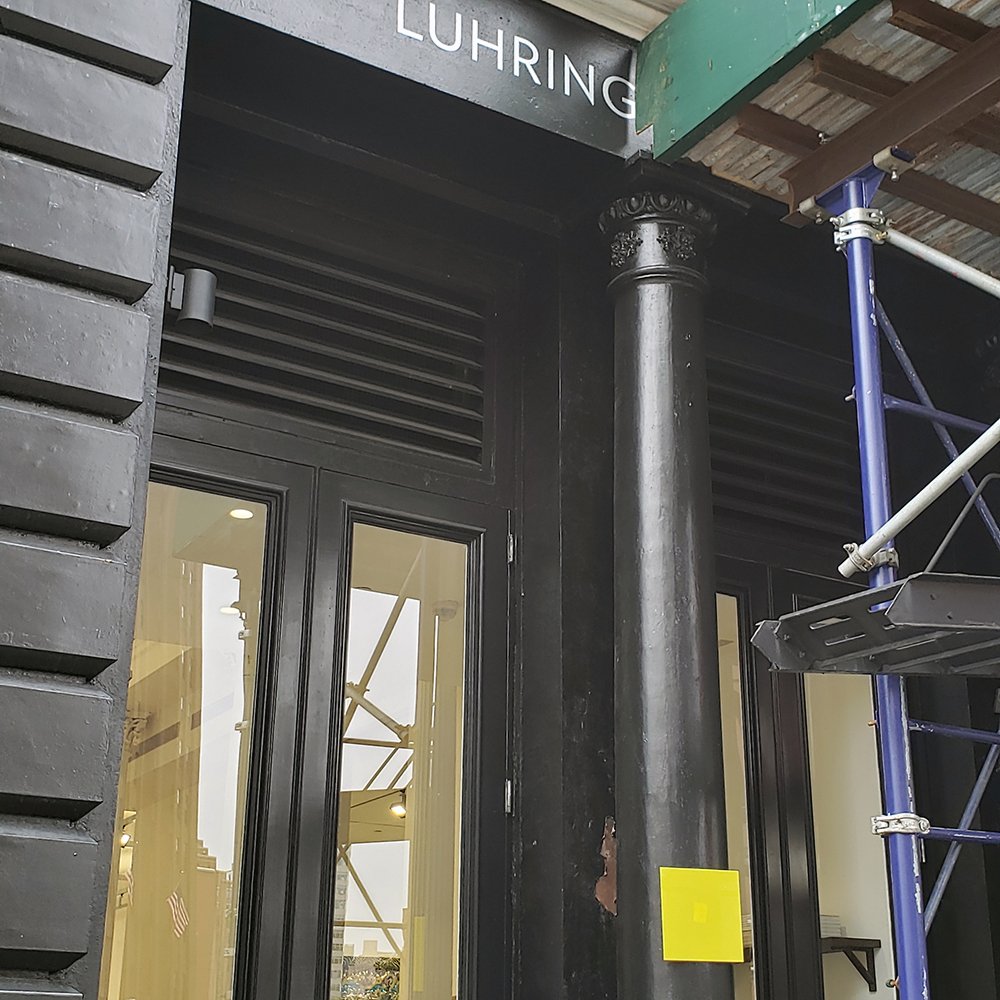
“He walked back to the elevator in an unusual state of wounded elation, of victory without the sense of triumph, as if he had just won the lottery in an age of hyperinflation.”
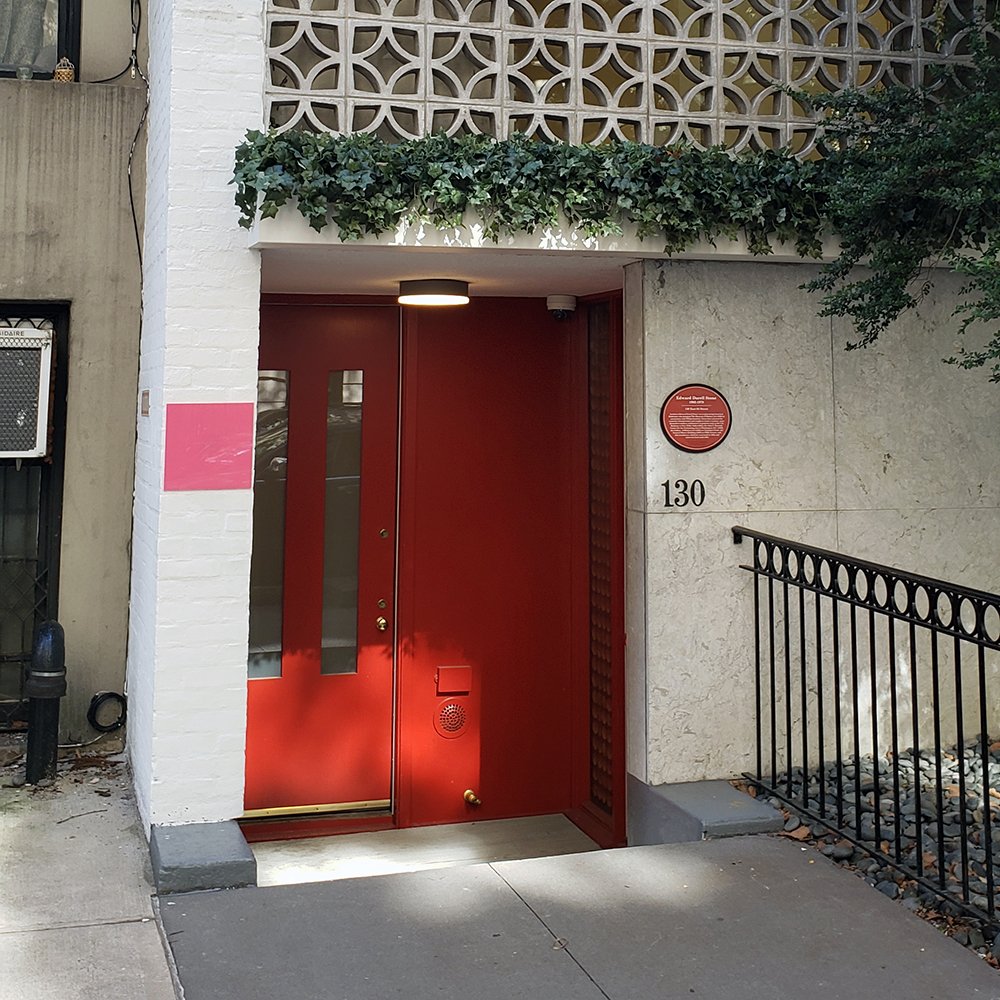
“... not everything was a matter of reason or argument, we were biological beings, sometimes we understood reality, and at other times it was enough to simply feel it.”
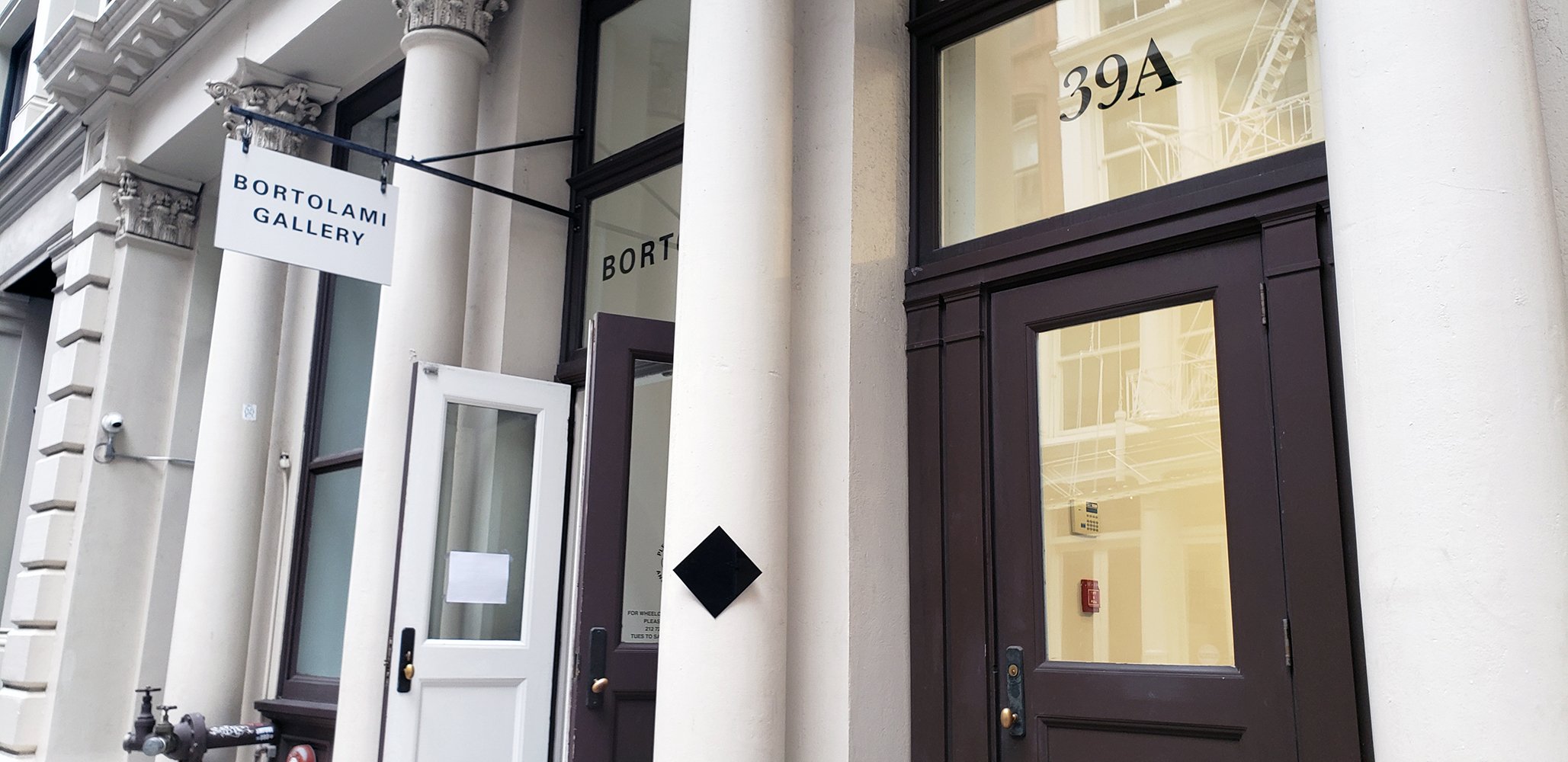
“He did not hear her anymore, he was looking down the street at a slow and quiet approach of a police car. His legs began to wobble, his stomach twisted into the blackest thing under the sun. (Vantablack, he had read an article about it.) ”
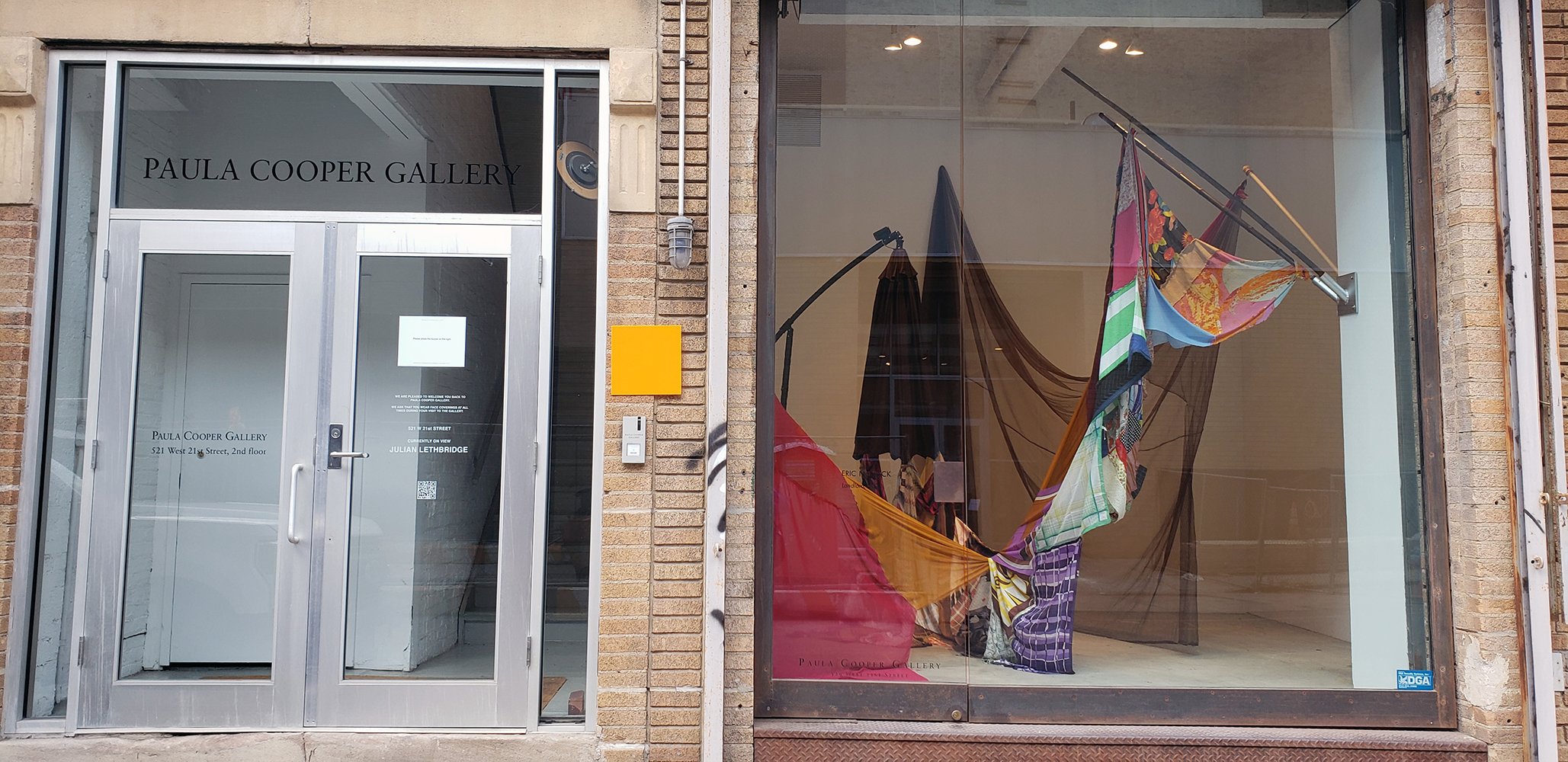
“Once the document was finished it nearly put her back into a dream state, as if the resulting pile of information glimmered with a certain logic that would require only a prolonged moment of attention before revealing itself to her.”

“He enjoyed scouting for the echoes of his daily progress in things he admitted were greater and more meaningful than him, in things with centuries of tradition that held onto the capital of generations, circling around every drop of blood he was able to express like a shiver of great white sharks.”
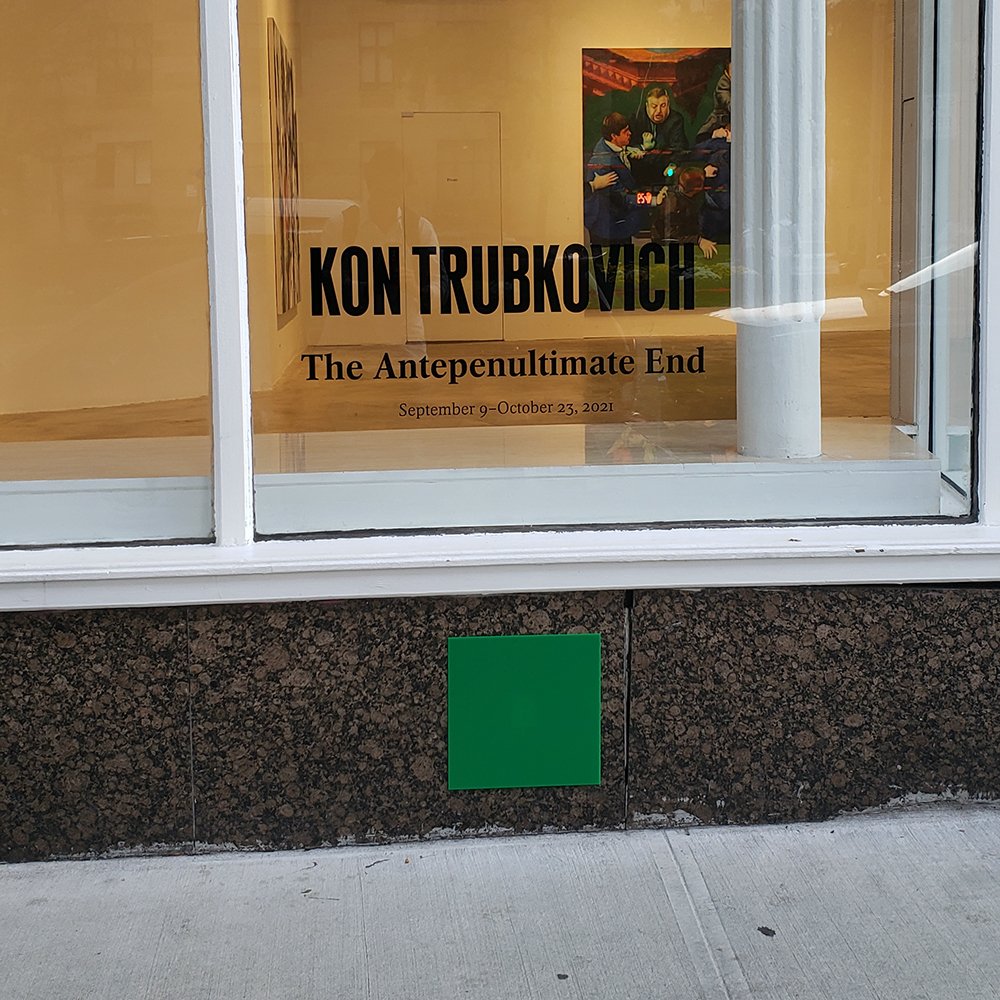
“All that they had been offering to him since his early childhood as supreme achievements of the human spirit, were supreme achievements of the protection of human property.”

“A complete stranger who walked with them and recorded their reactions like the needle of a seismograph, amplifying only those behaviors that made the needle dance.”
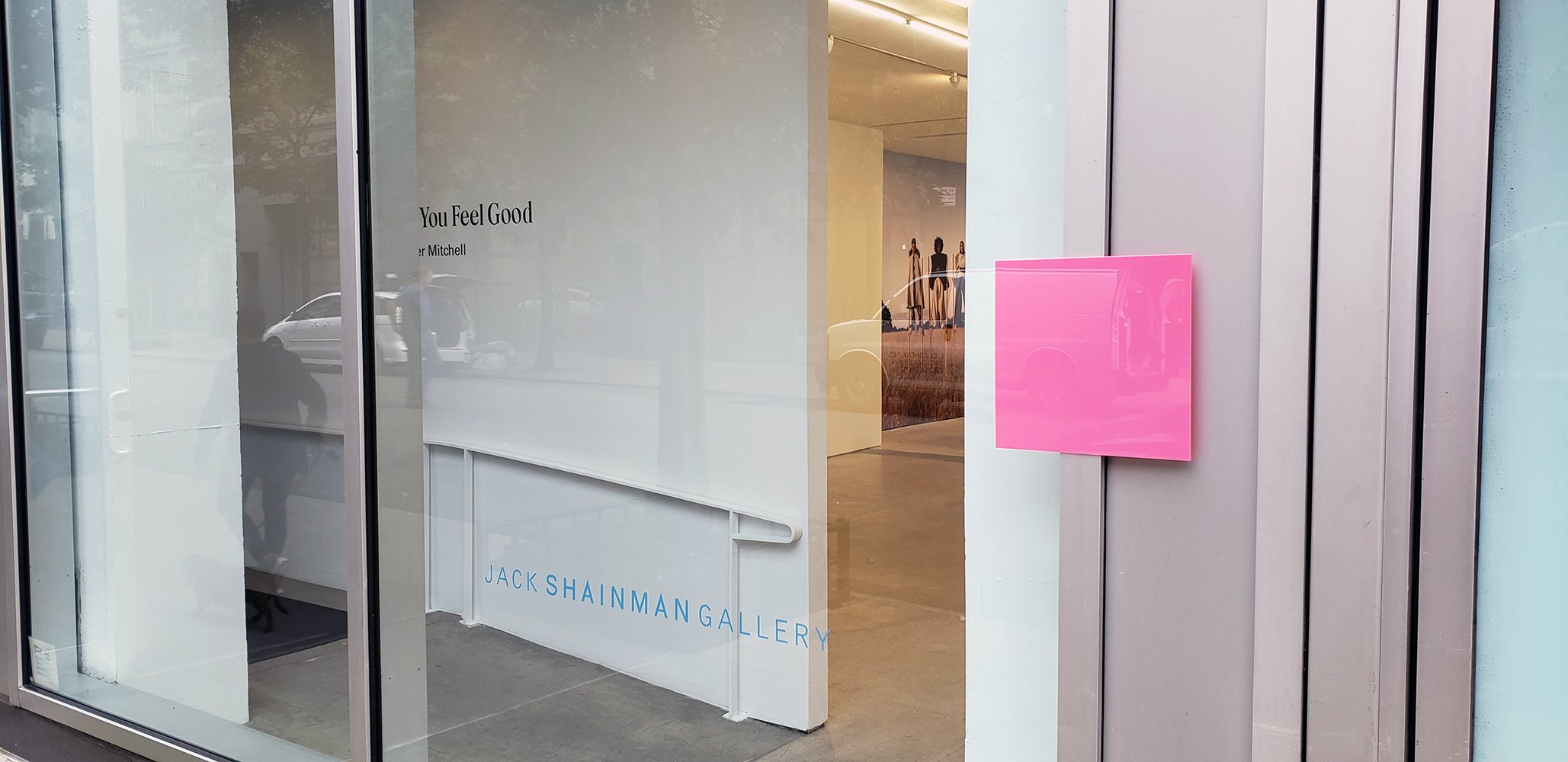
“She contemplated his exuberant experience of the world and realized that for perhaps the first time in her life she did not see this as something happening to a stranger, but that the full intensity of his moment became her intimate possession as well.”
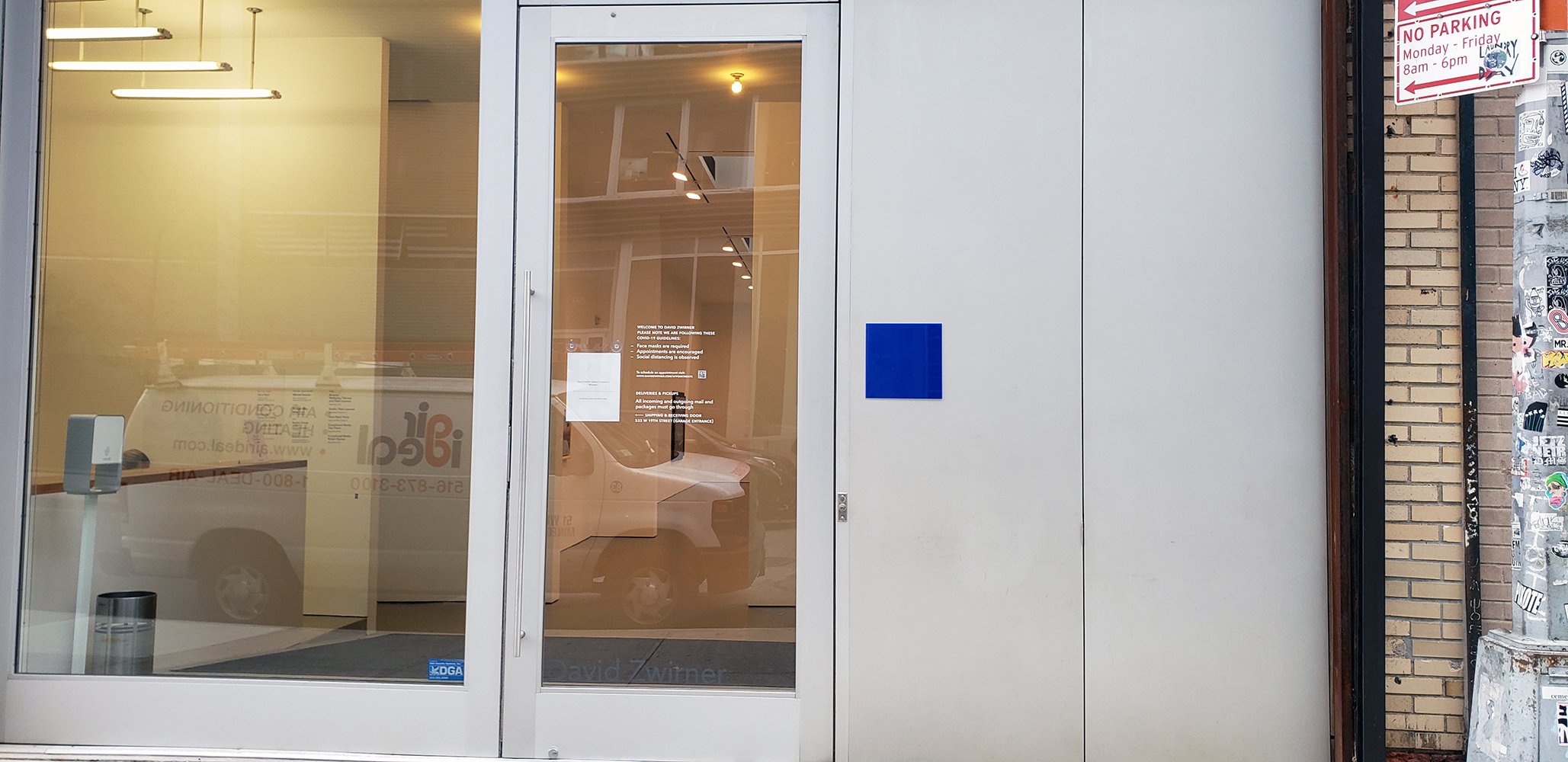
“The universe had its north and south poles. He looked around and wondered if this ochre light was a result of the fact that planet Earth was in the south. Maybe everything would have a cool blue tint if the planet was a little further north.”
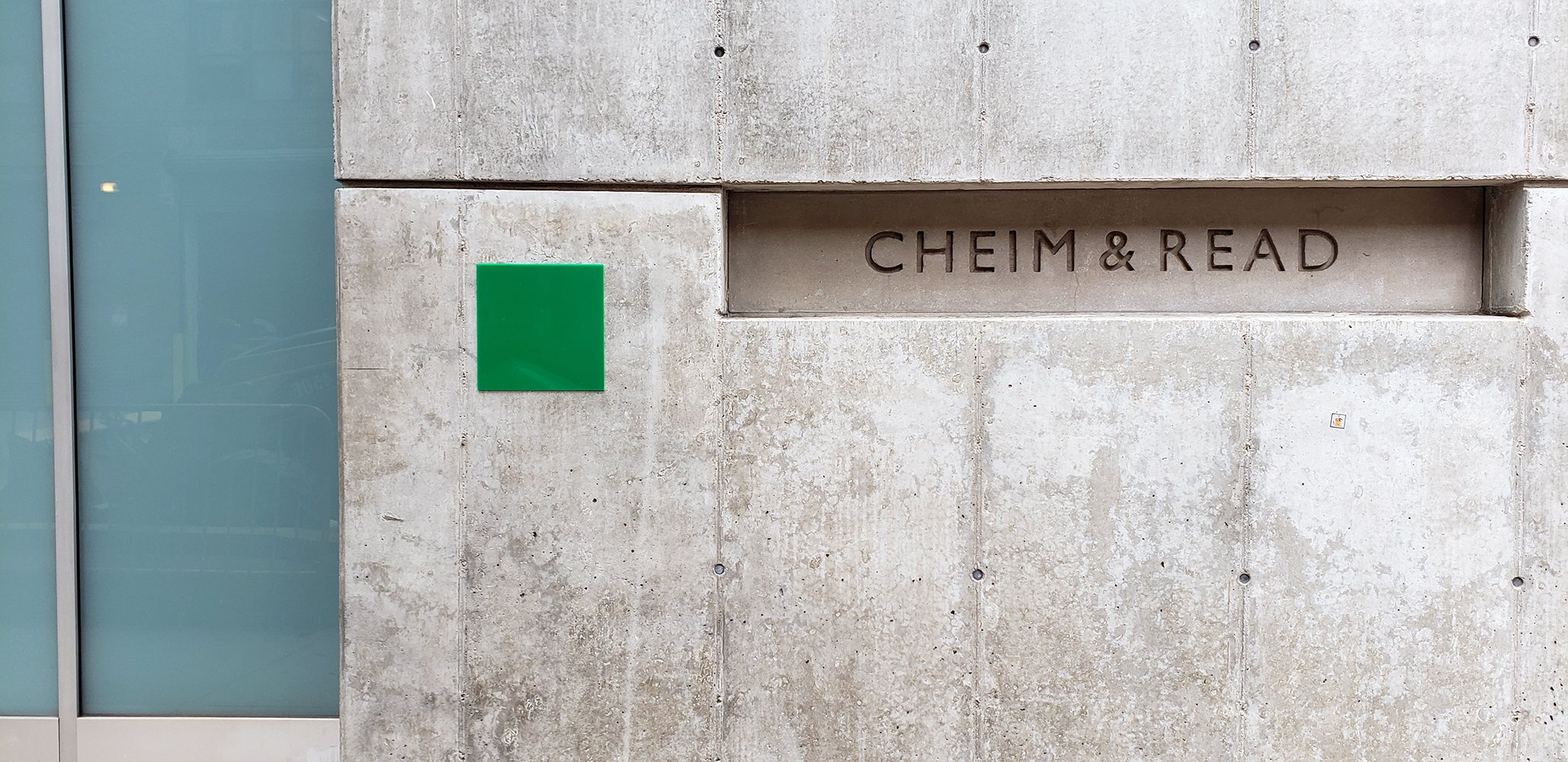
“Someone mentioned that her work was seen by more people each day than all the rest of their works combined would be seen in the entire history of mankind, and they laughed, not without bitterness and defensive conceit.”
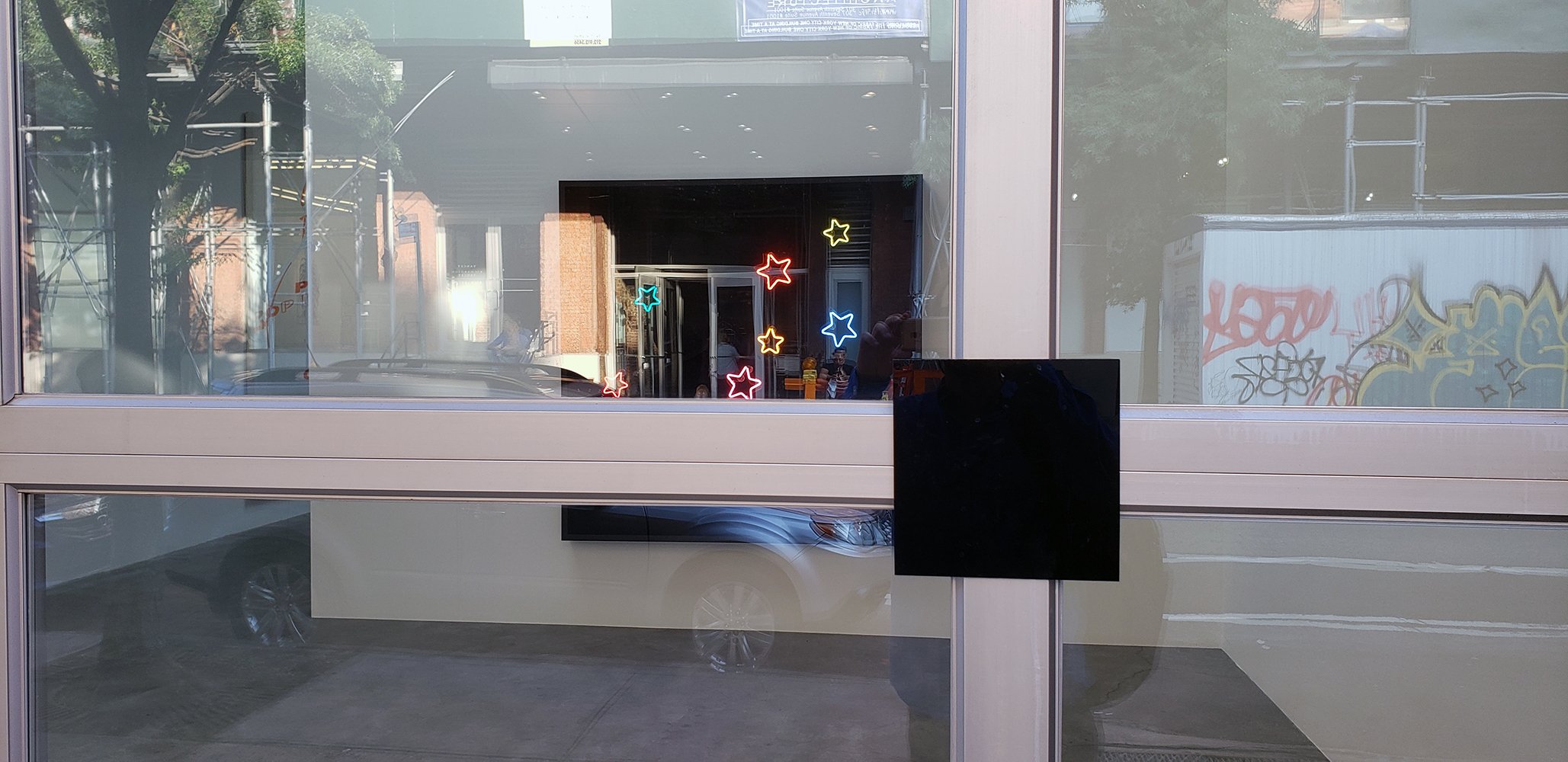
“Out the window, twilight was already celebrating its temporary triumph, and darkness seemed to him the proper expression for the sum of everything he did not know.”

“Time, measured in the complete revolutions of the galaxy, began to brim with the possibility of forms that could save each other from destruction. The mere possibility was enough to fill the universe with song.”
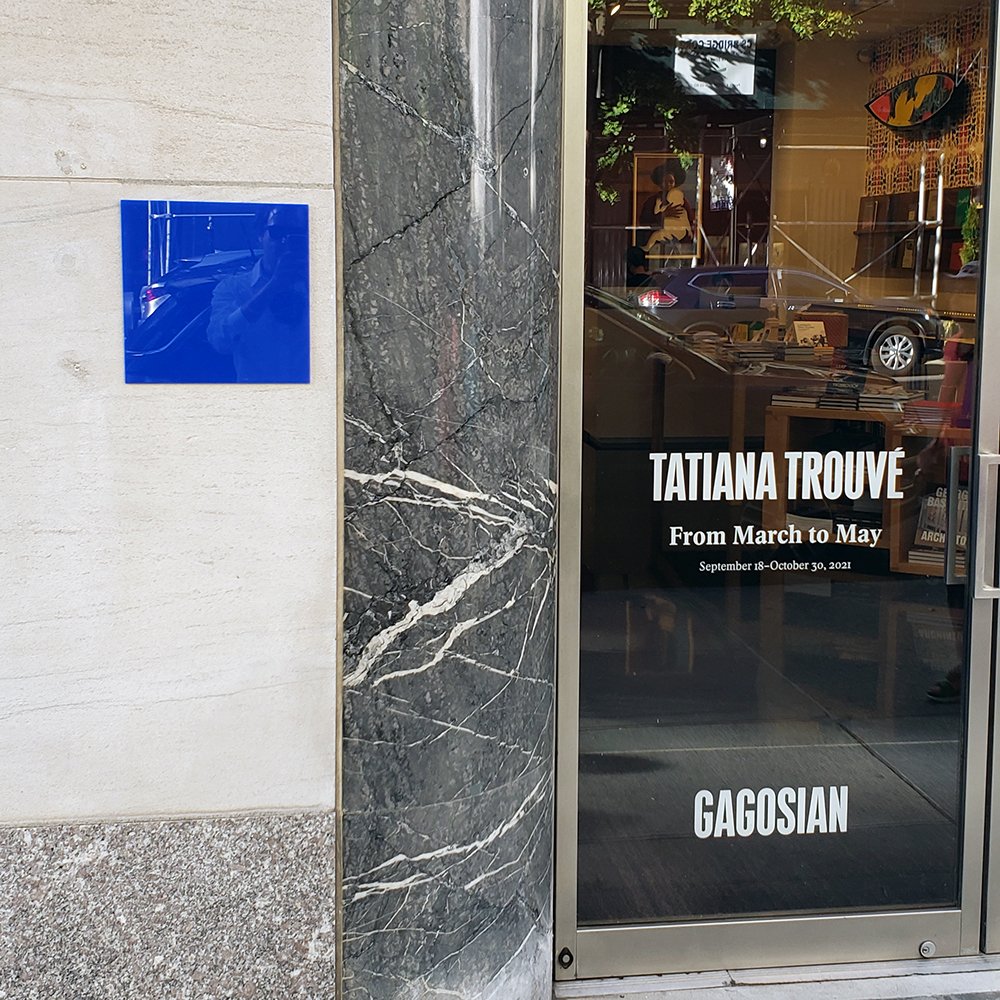
“... the discipline of building a mosaic from flowing water, of counting the stars in the pitted mound of a sandbox, with everything constantly rushing by ...”
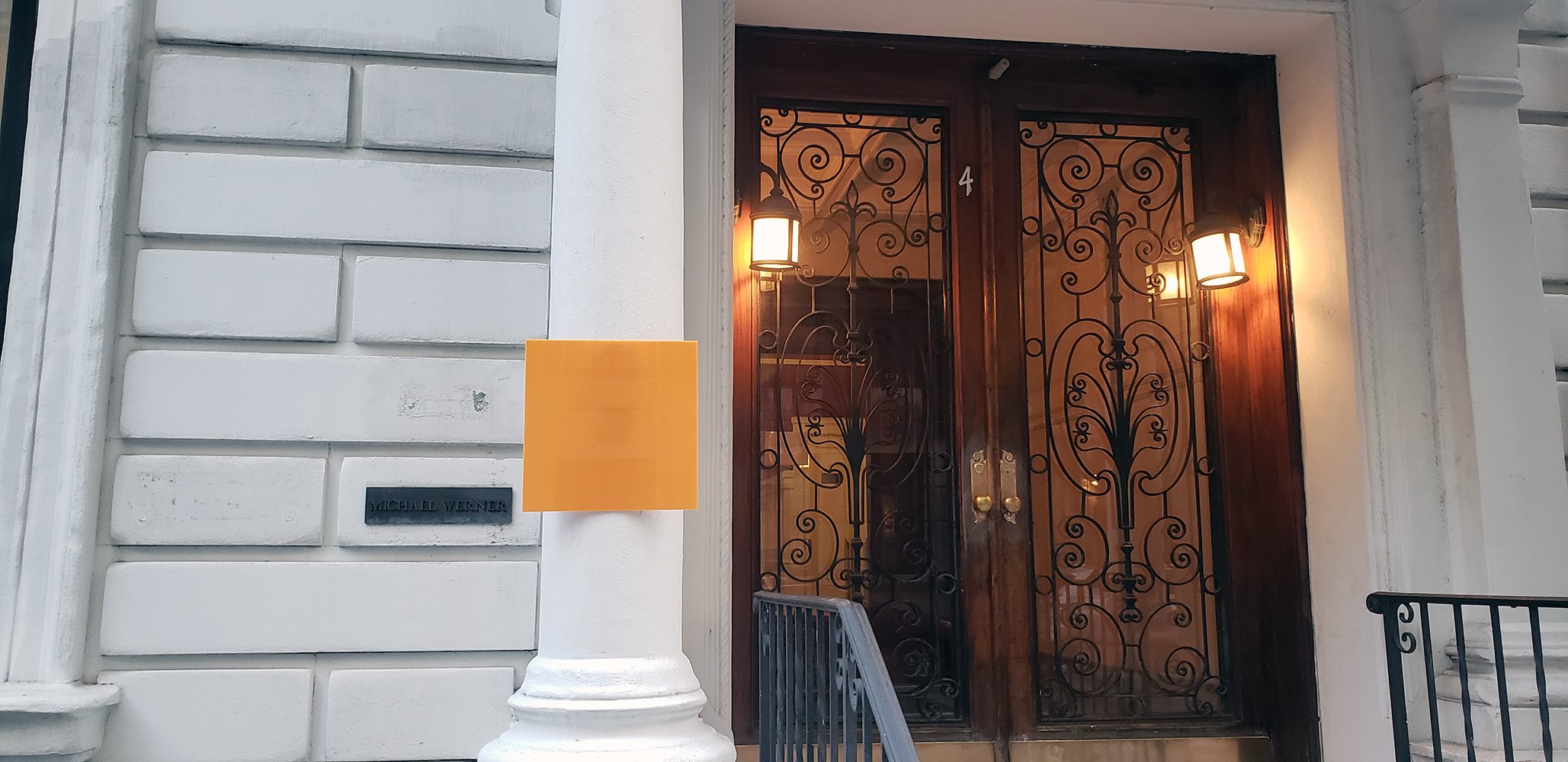
“He often imagined its experience of the world. If we were all just membranes, intersections of a moment, through which perceptions pass. The gaze deludes us into thinking we were actually in space.”
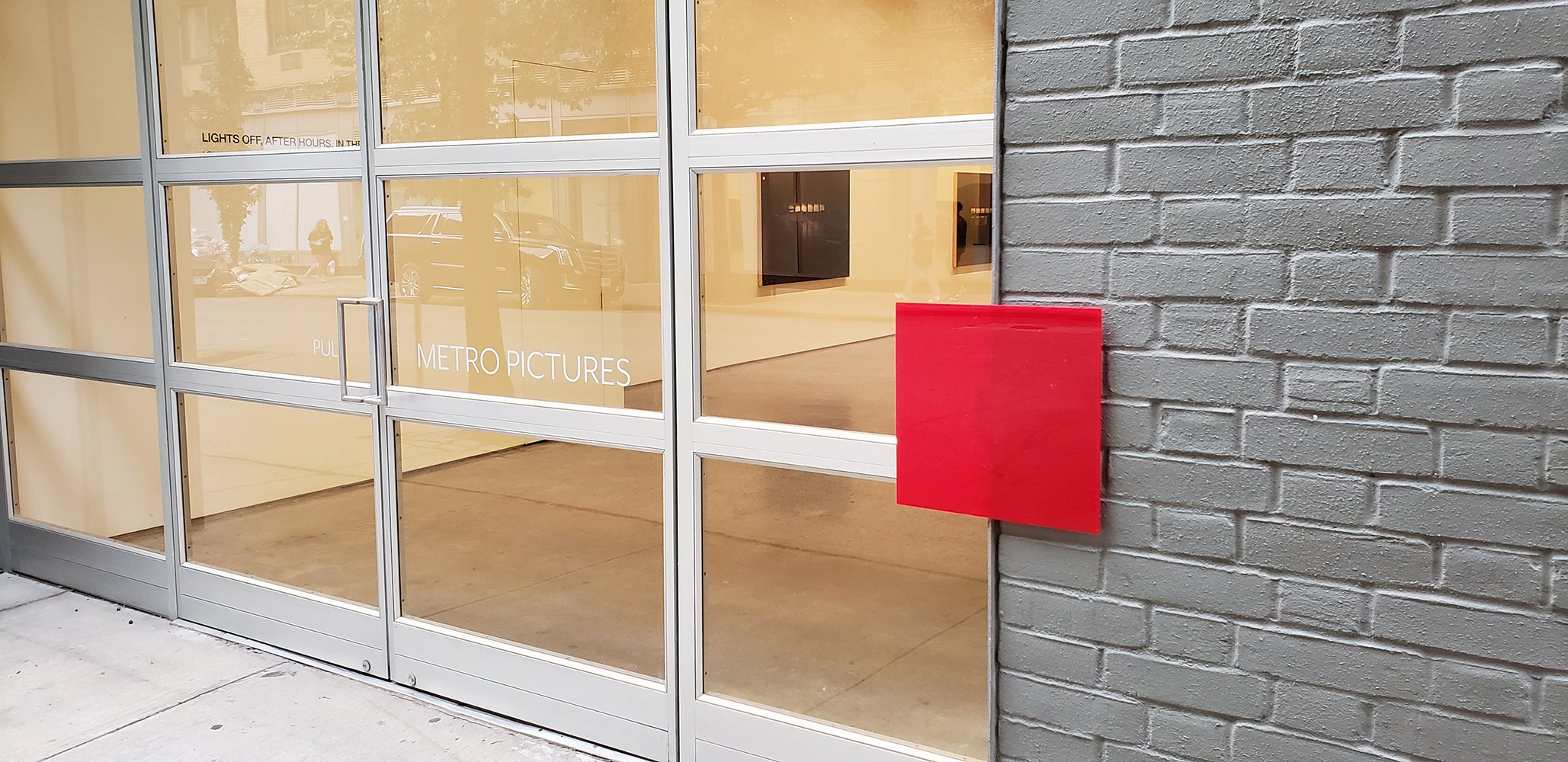
“Red was pulling her gaze, leaving her nowhere to look but at the floor, which grew ever smaller, so that she soon found herself clutching her knees on a tiny patch of dry parquet like a castaway of her own crime.”
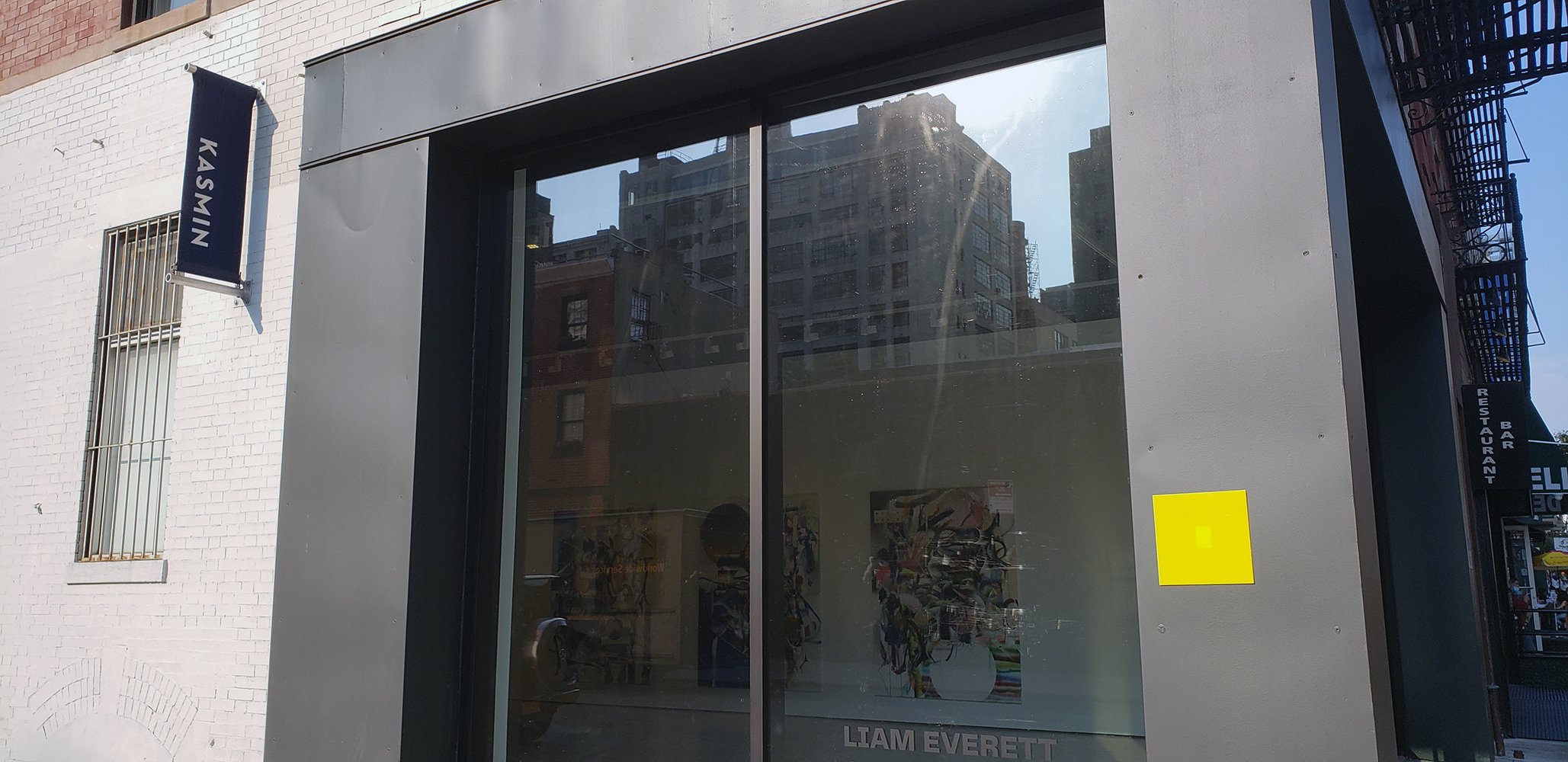
“‘The light doesn’t touch me,’ he said.
The silence dragged on for a while.
‘That’s what you think.’”
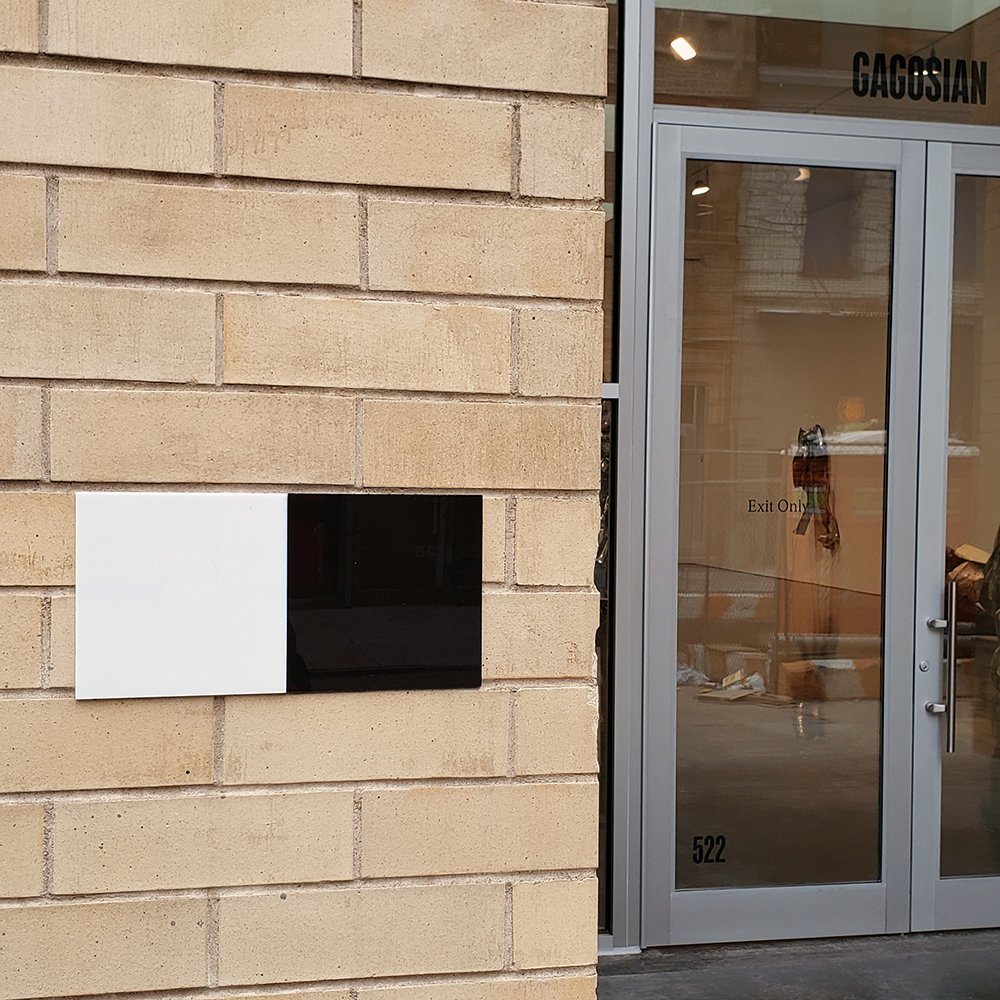
“He would give all things, colors, and objects around him a chance to inhabit their own existence, before locating himself in that space as just another object over which he had little control, an object with his exact shape, in a particular section of space, the solar coordinates exactly those and none other.”

“I demand a full presence in the world. I demand everything I am entitled to as a human being. I reject anything that tries to convince me otherwise. Why are you laughing?”
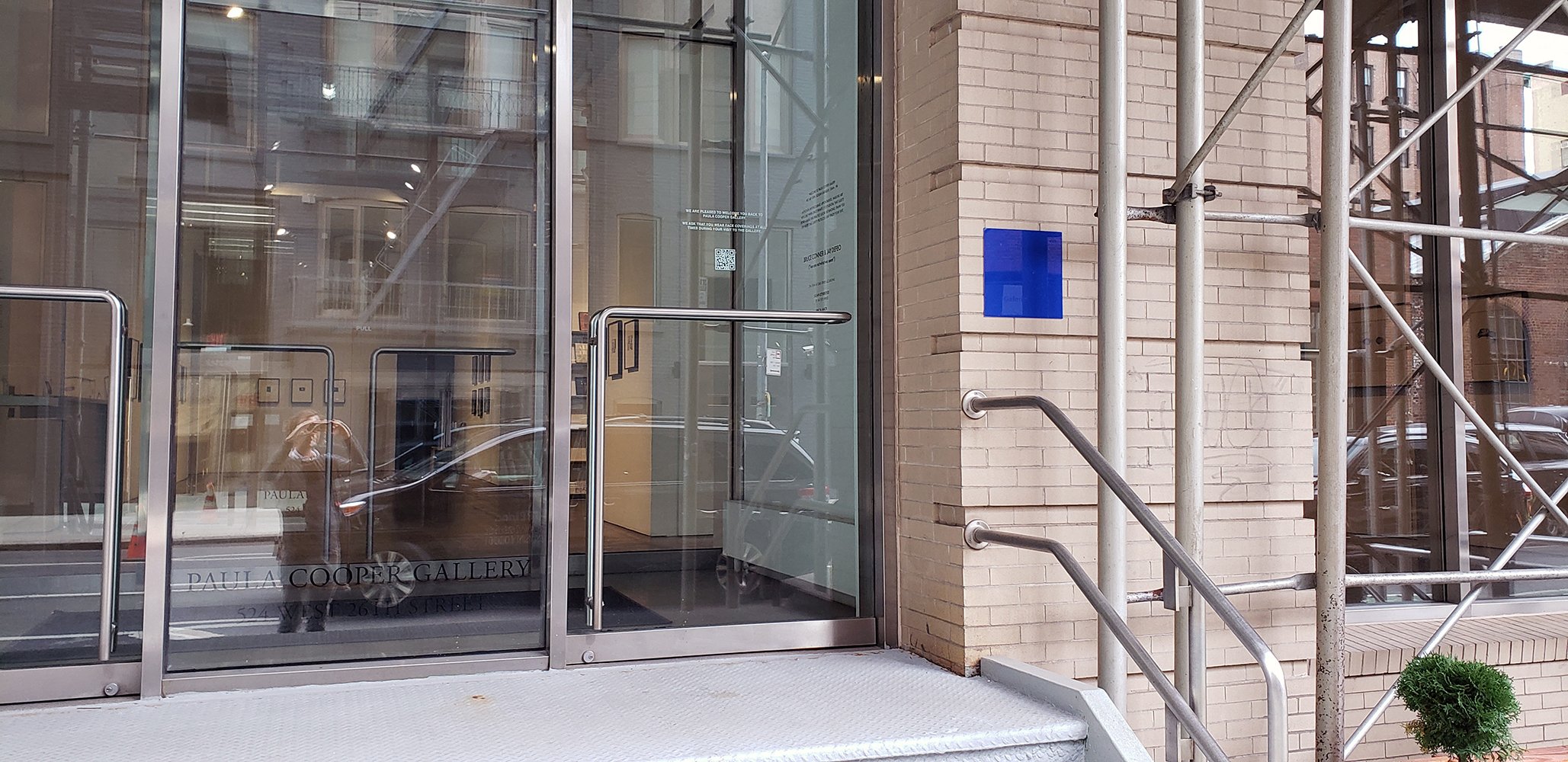
“But honestly, she had not thought about him much lately, and maybe that was why the sheer weight of memories caught her off guard.”
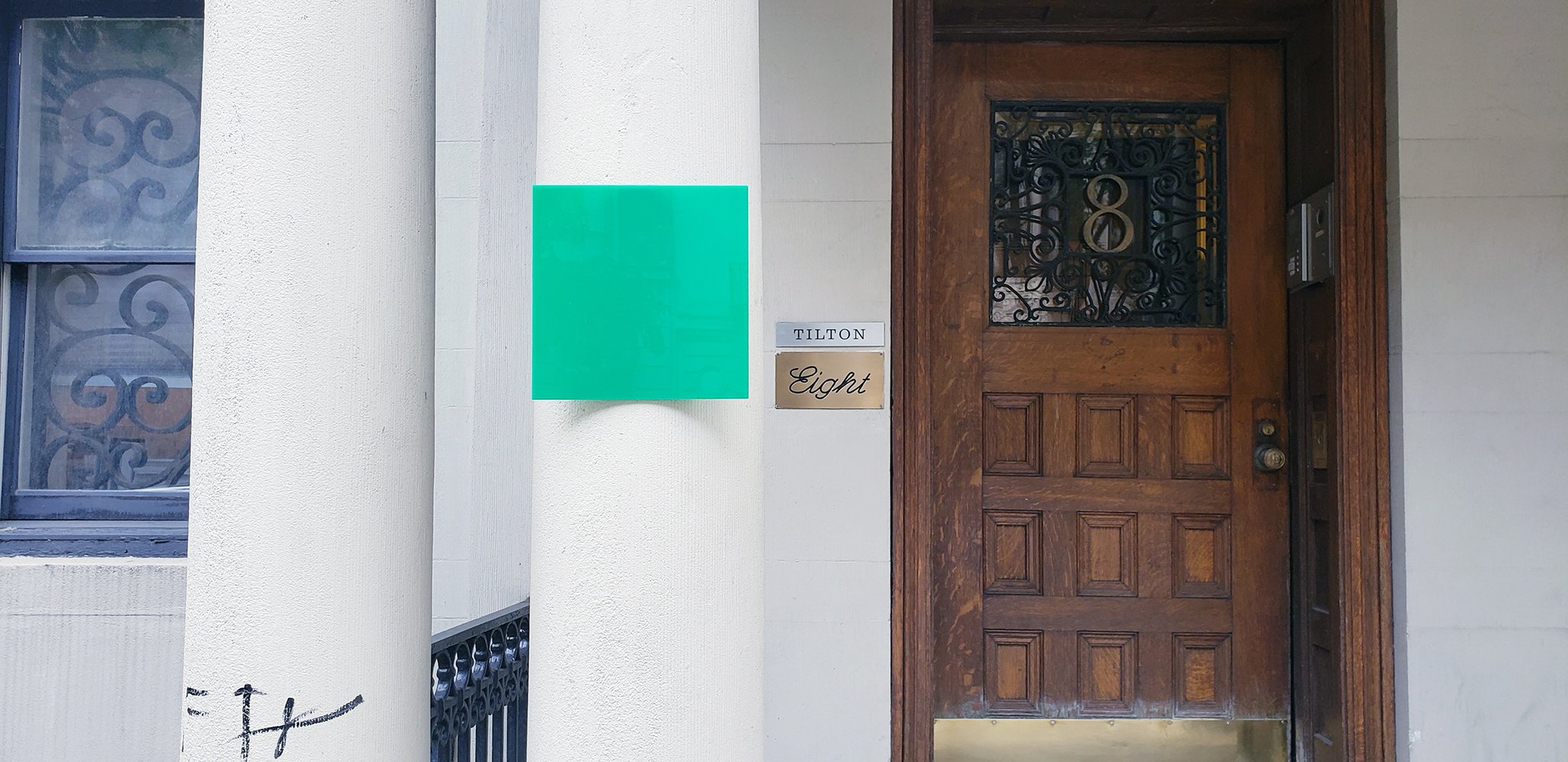
“The idea that everyone knew everything better than him was becoming a real pain.”
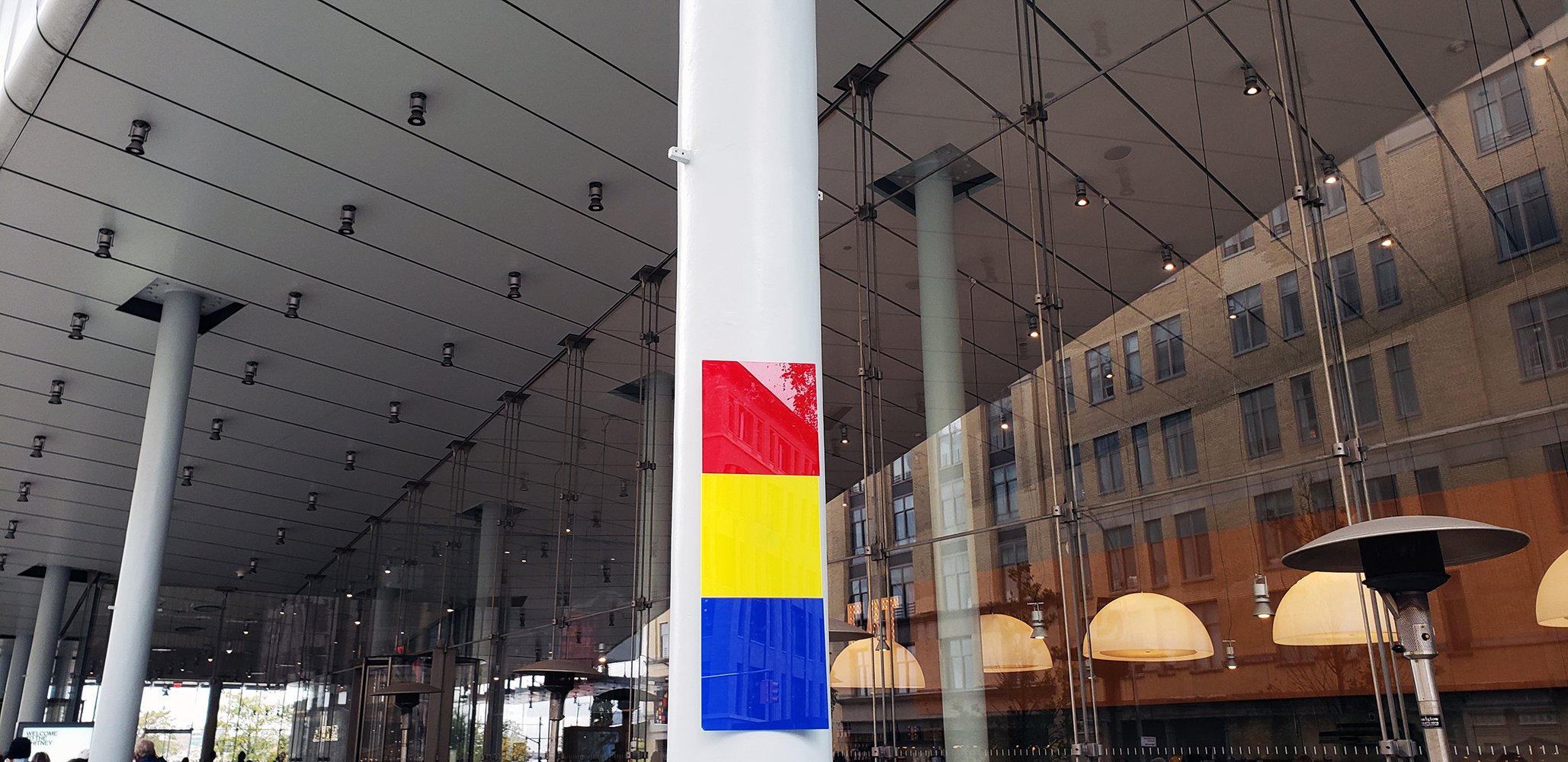
“Because we know how full a single object can become through our gazes, we turn ourselves into objects out of pure envy of the beauty we are able to find elsewhere. We also want to have an effect, not as active principles of the world, but as passive sources of meaning.”
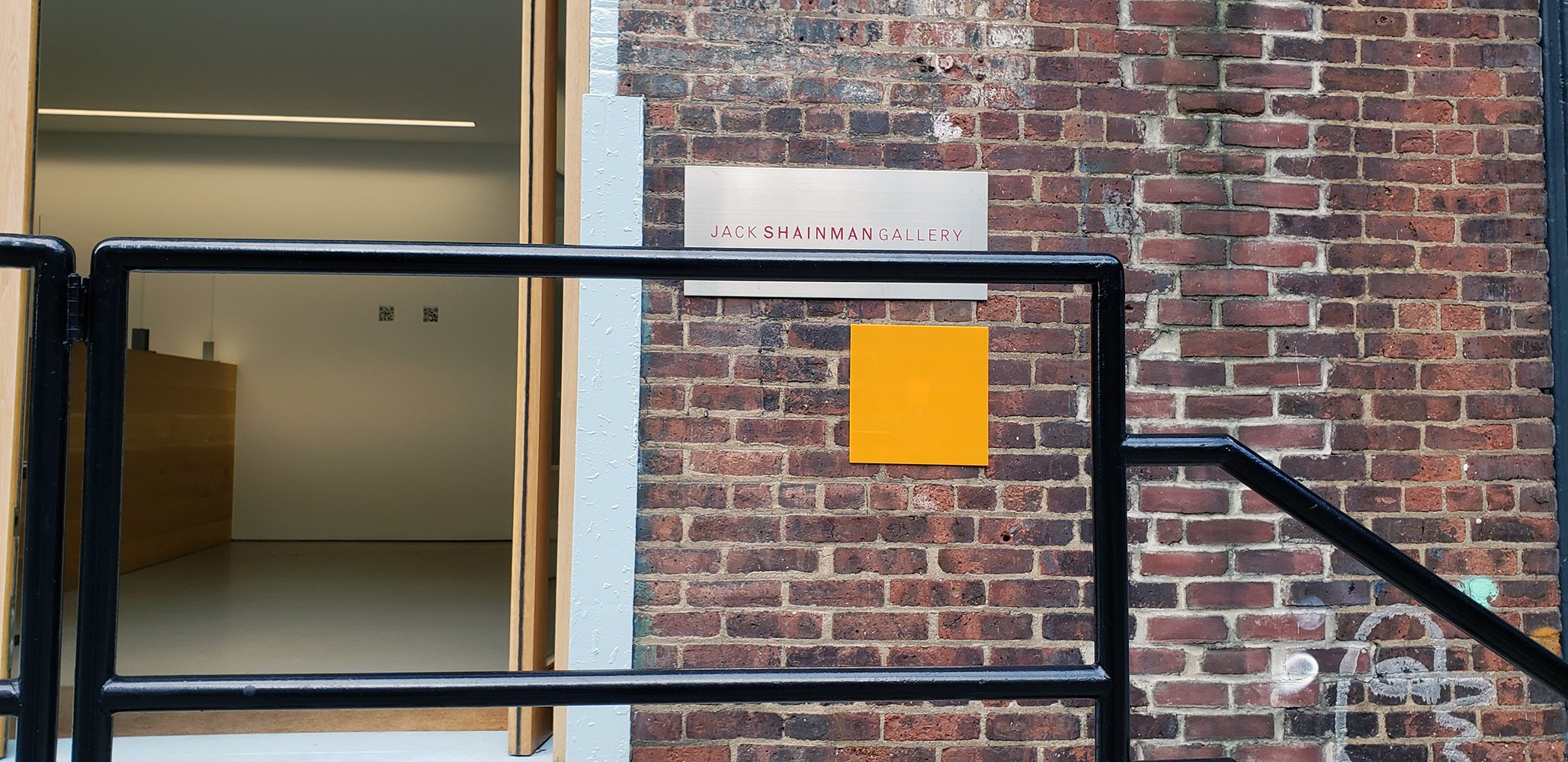
“His cool morning thoughts were already breaking the world into tiny pieces, drawing cracks and crevices and widening the distance between what was outside and him.”
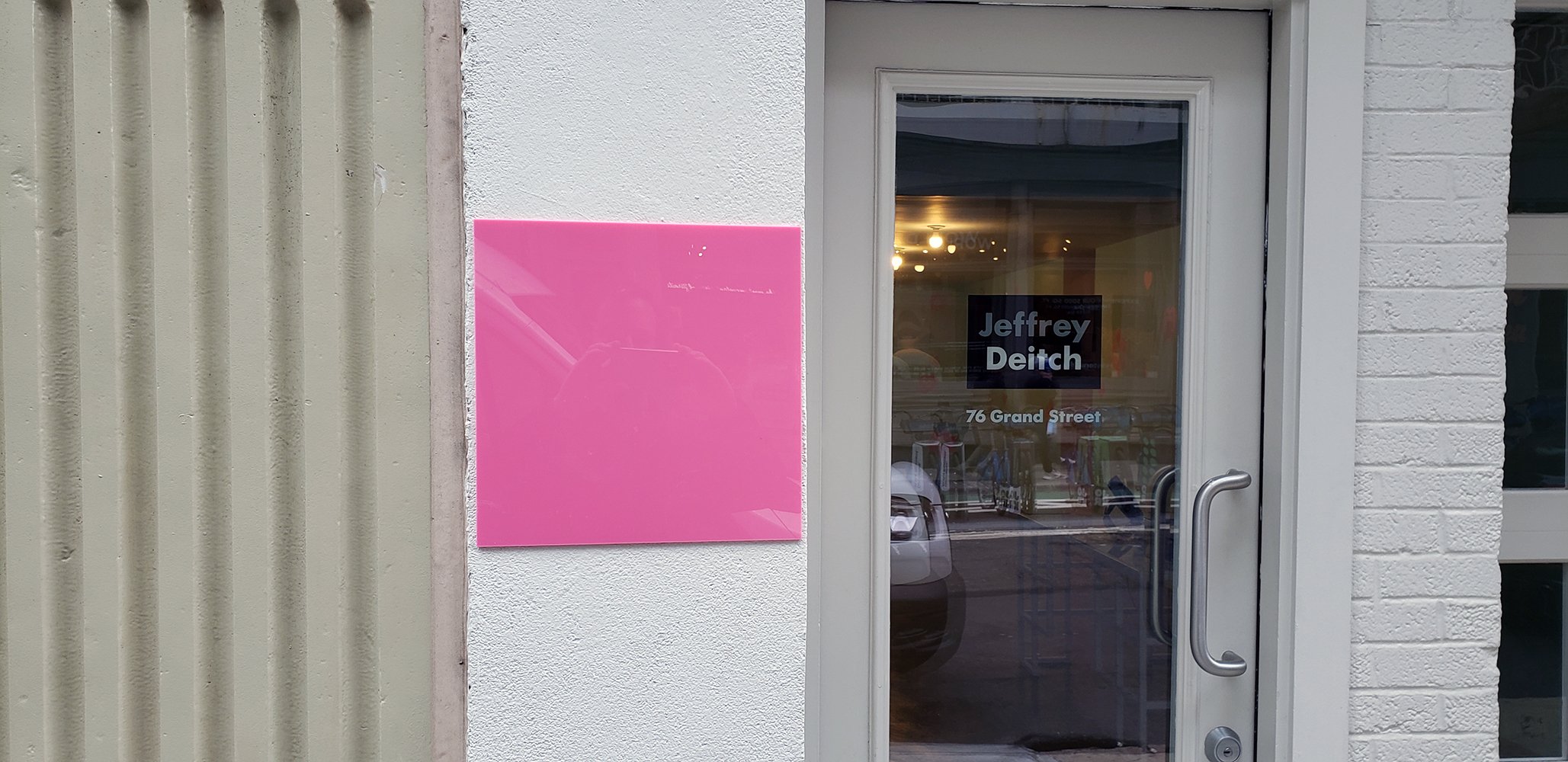
“She clicked on the square completely by accident, her mouse slipped, or the square moved there on its own just as she clicked it, and suddenly her screen erupted with windows opening faster than she could close them.”

“Love was the ten-gram rock of methylenedioximethamphetamine in the drawer of her desk, which she kept crushing with her fingernail and carrying, crumble by tiny crumble, to her mouth whenever the world grew too bitter.”
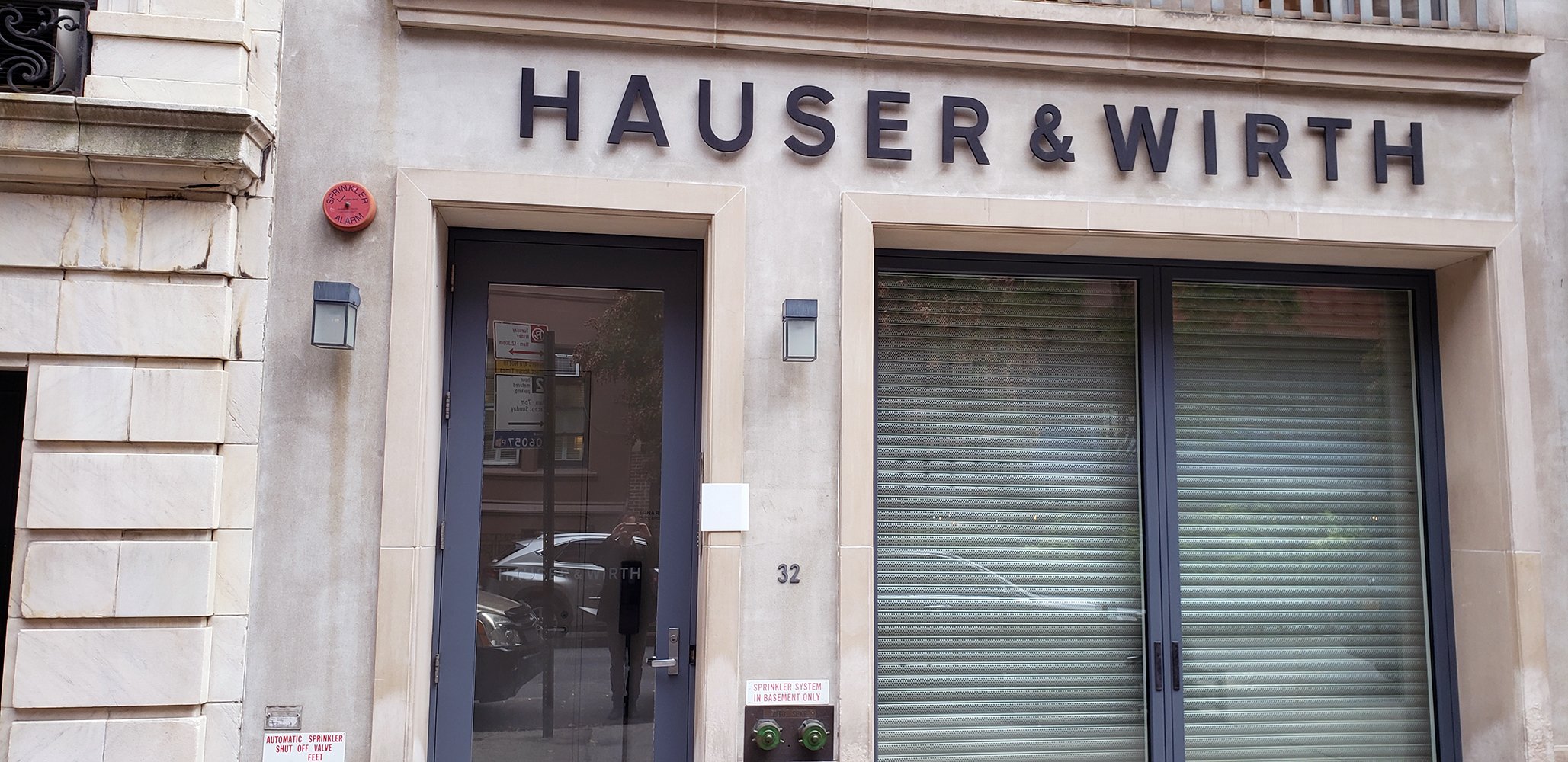
“Absence forced her into a corner, where she growled against the ruthlessness of the space that so calmly revealed itself to her as a place without secrets.”

“He was drawing the timetables in his sketchbook, a well-defined blueprint of his days that broke the monotony of time into a grid of squares that required only the quick stroke of a check before they sang the anthem of a day well spent.”
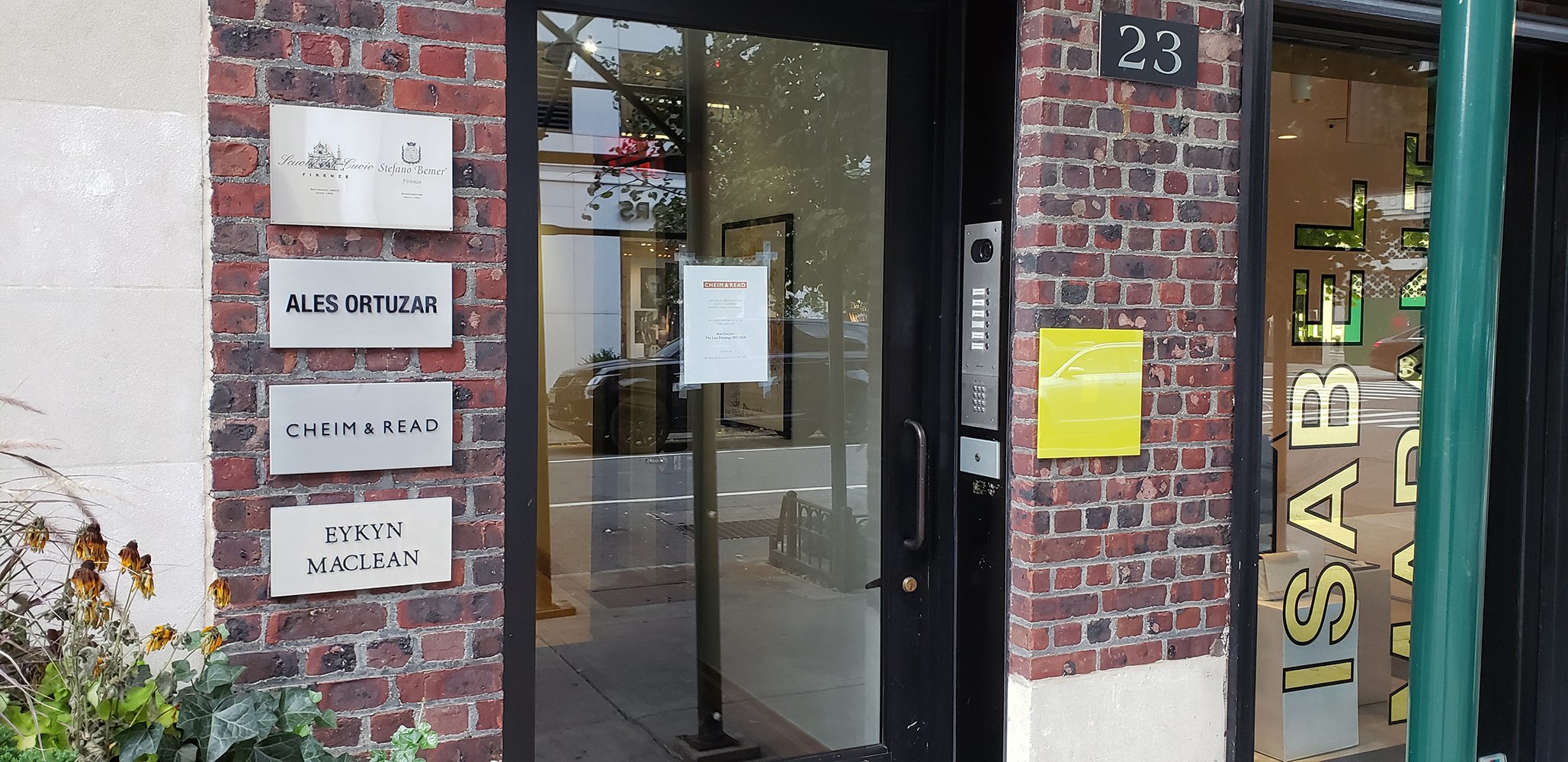
“... another unacknowledged victory, another hand on the throat of the one who laughs, another layer of necrotic tissue stripped from you by the first shot of morning sunlight that sends you outside even more naked, even older, even more unprepared for this despicable feast of light.”
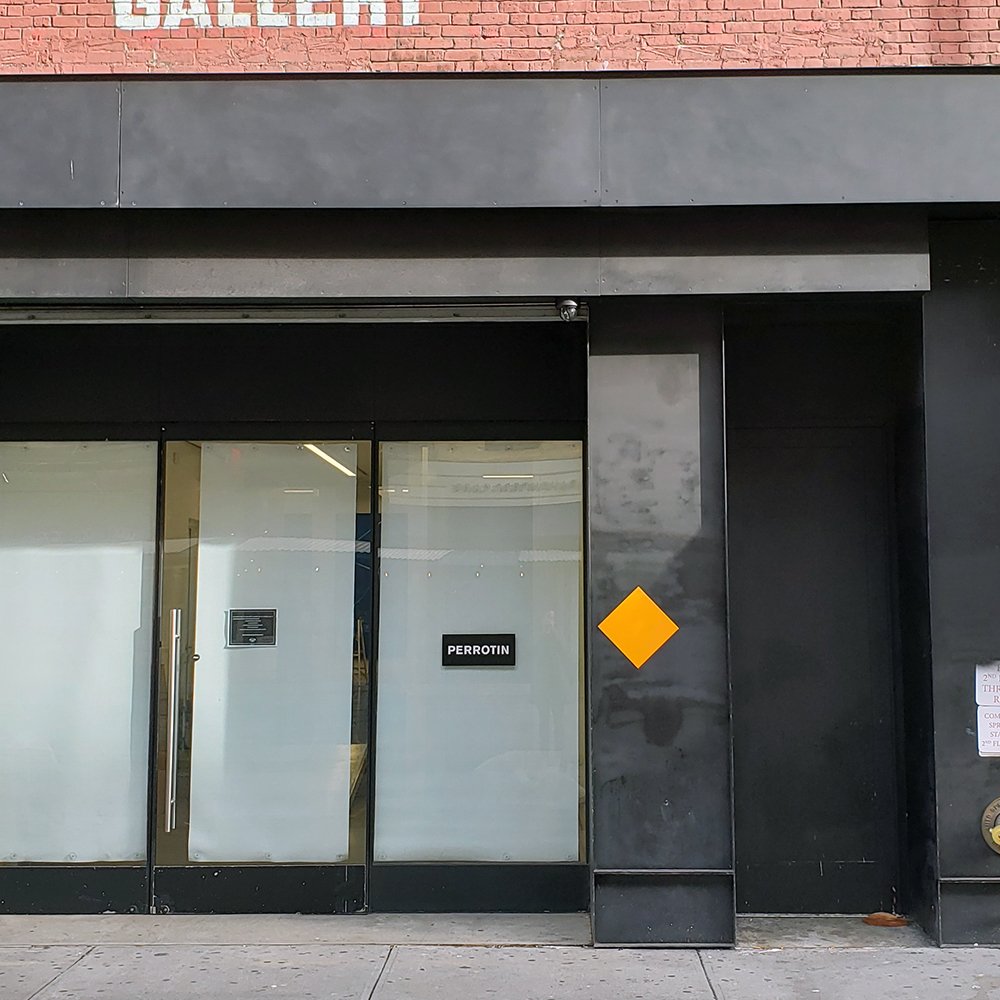
“He began, albeit laboriously and under the compulsion of study, to associate nothingness with a field of pure, radiant white, almost painful in its brilliance. ”
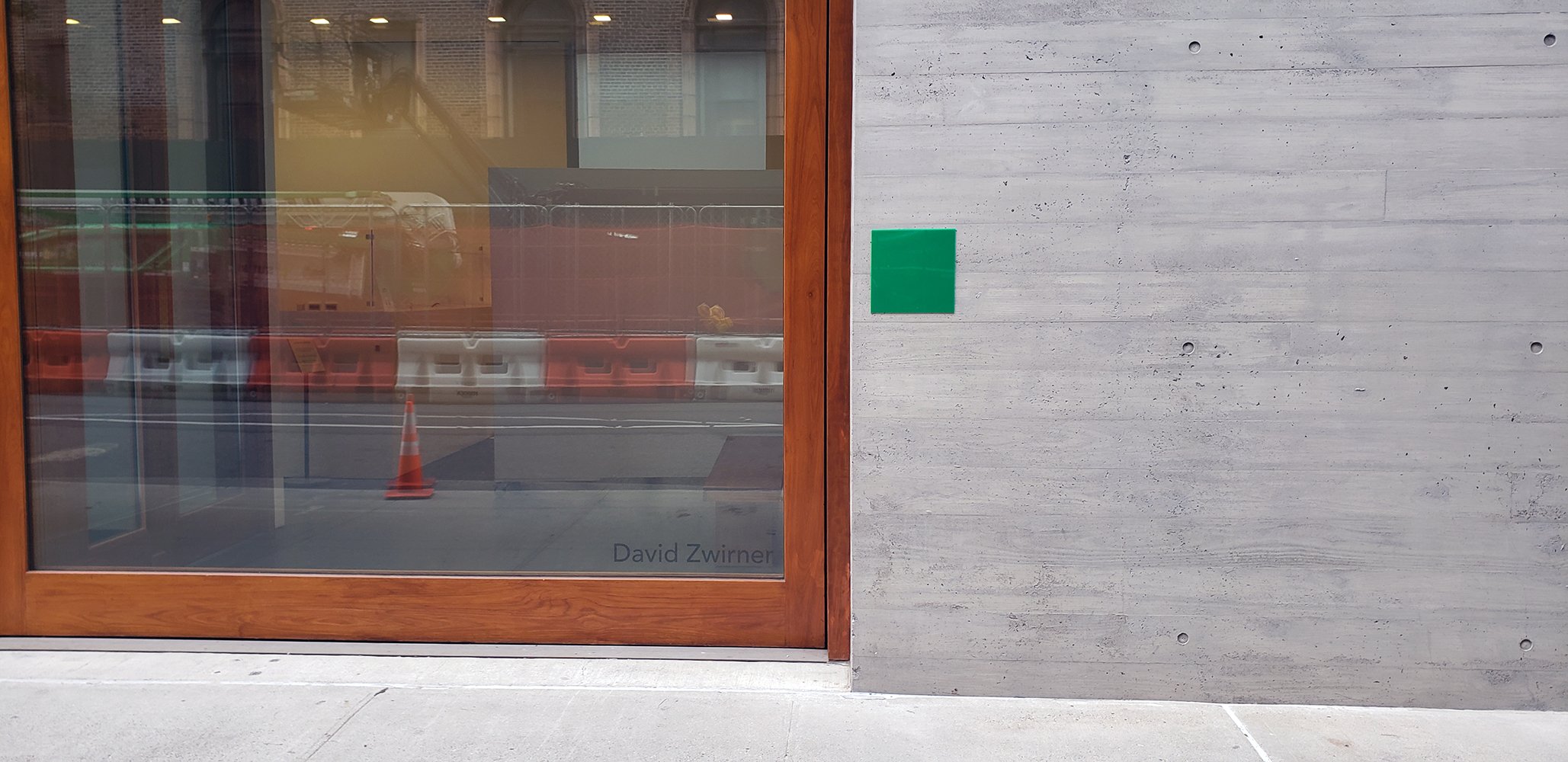
“... an infinitesimal swerve of the cosmic wind, something there only to add a thin squeak to the unstoppable, as merely its most immaterial function, its most insignificant decoration, not the element of myself, but always and altogether the element of the thing that was coming.”

“Why is someone who knows the price of his desire a master and someone who desperately needs something that cannot be sold to him a problem, so they call the priests to charge him the name of God?”
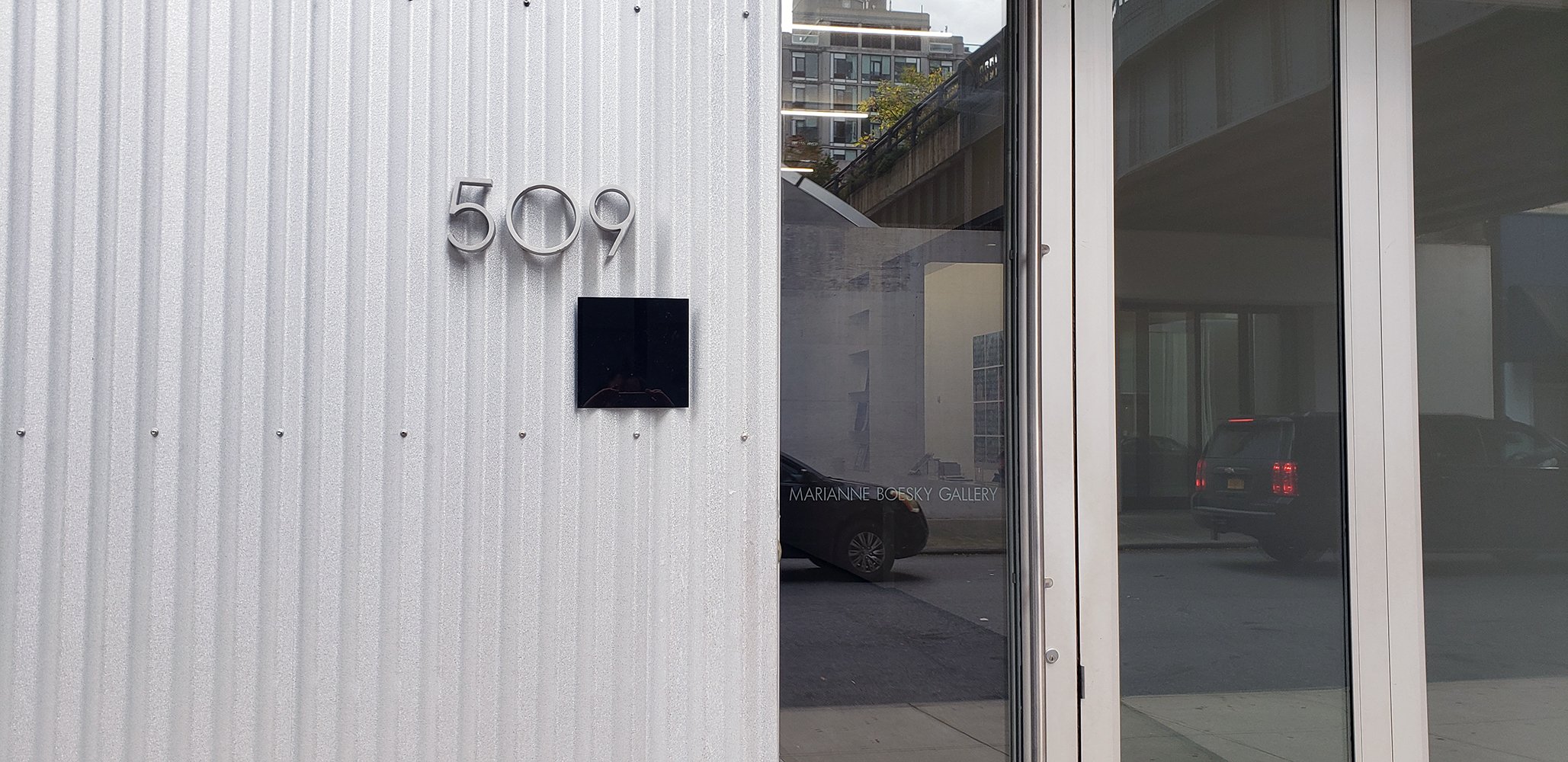
“We’re rearranging the frequencies of matter to find just the right proportion between you and me, a single accurate breath that could set a new measure for things, a perfect measure of light to draw the perfect shadow for you, for me …”
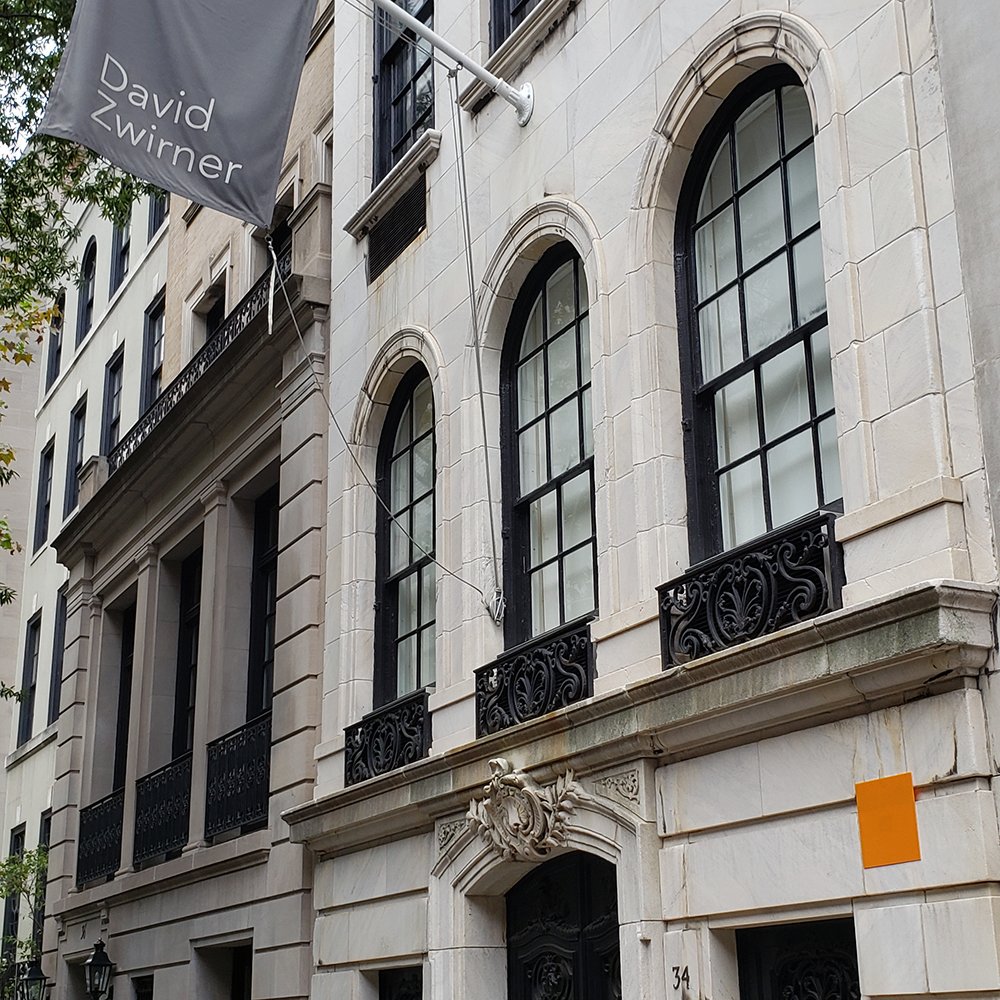
“His skin made him think of a flag, punctured to keep it from flapping madly in the wind. ”
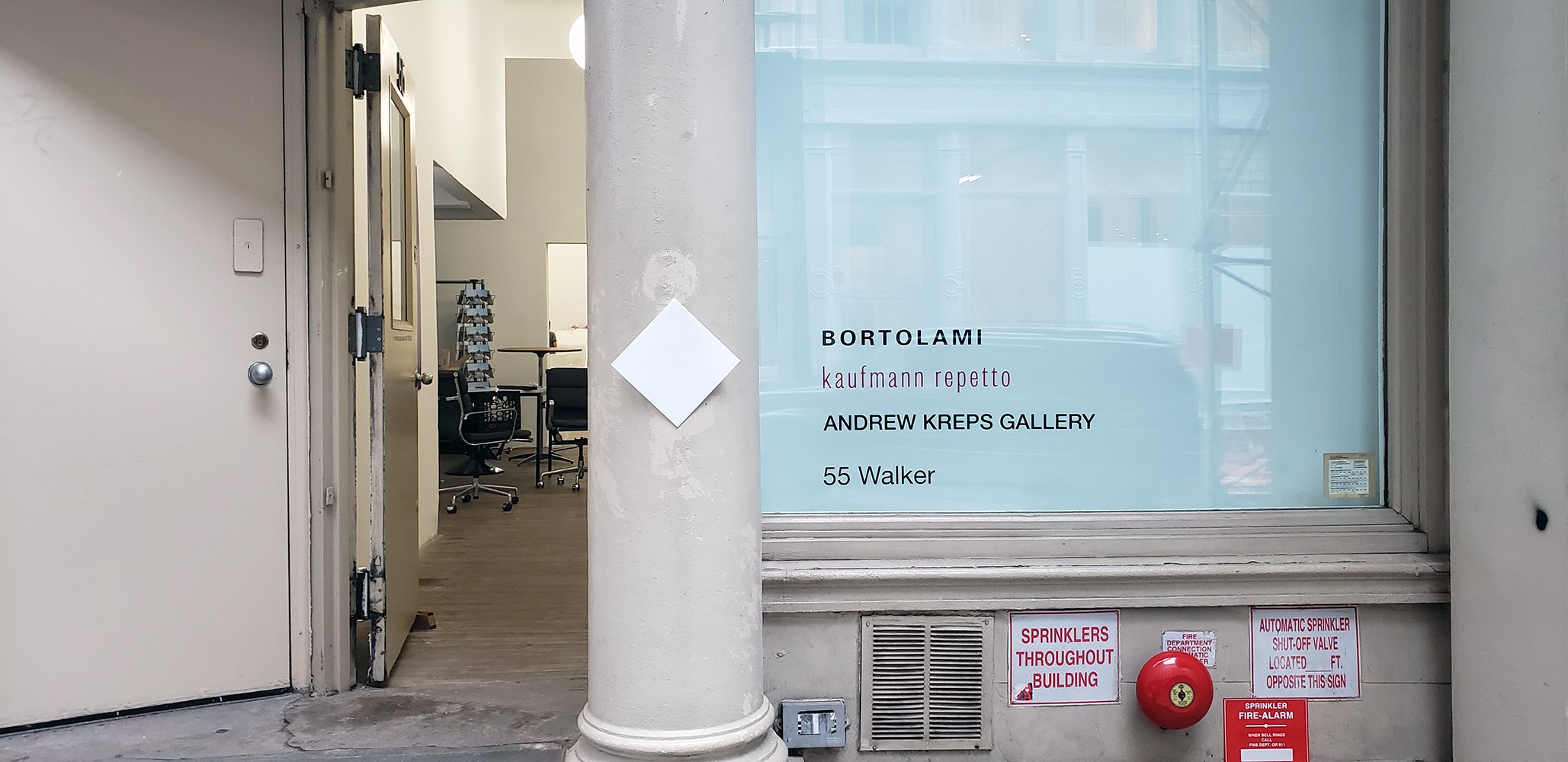
“Even with the most basic understanding of human psychology one simply had to admit that the idea of his fellow passenger was far too complex to be useful, no matter how profitable it might turn out to be.”

“He looked at her again. Her skin was softening. A watery pink. Stunted threads of color sprouted from her, like from a watercolor in the rain.”
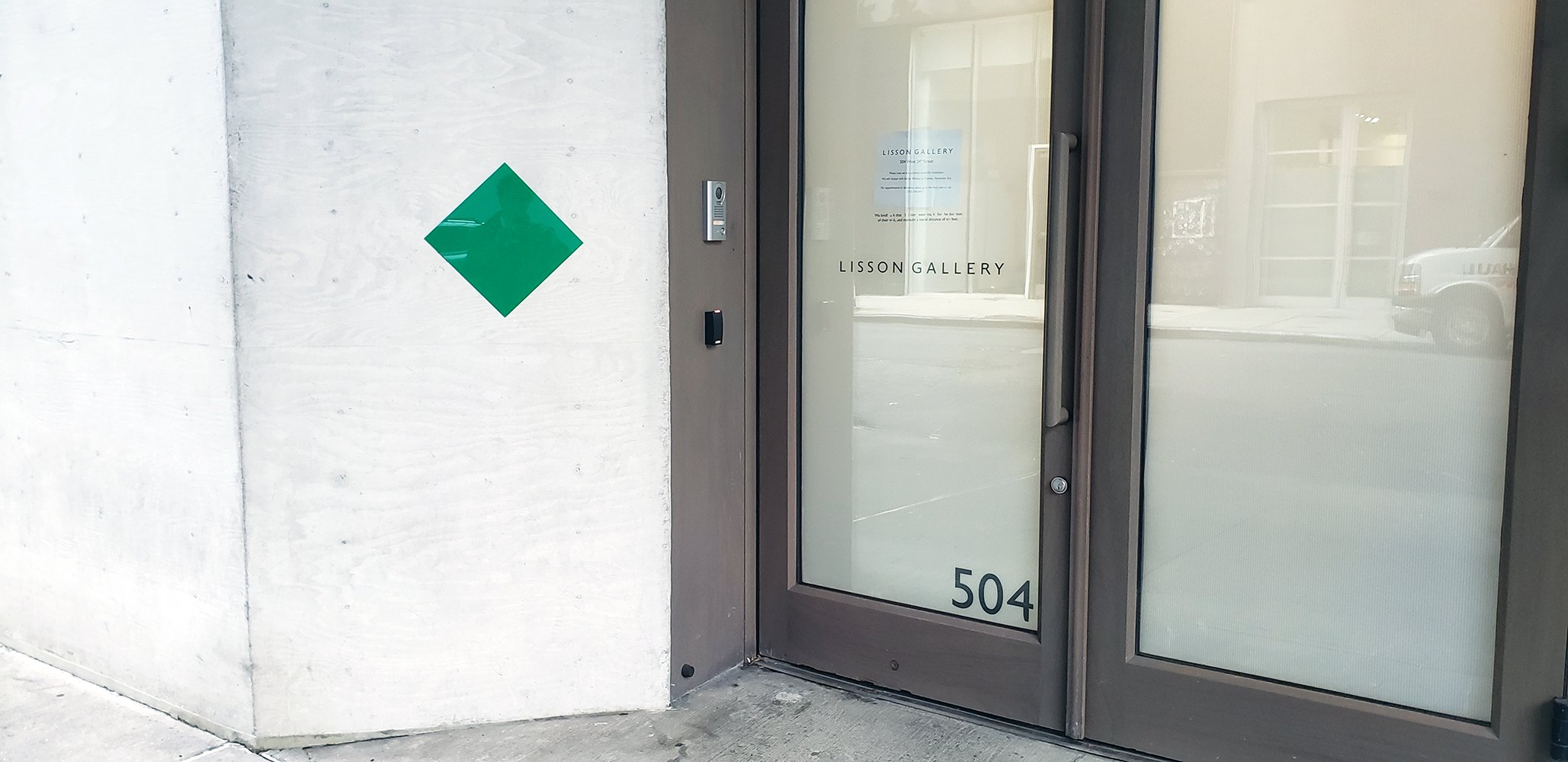
“Would you show yourself to a race as savage as humanity if you had a choice?”
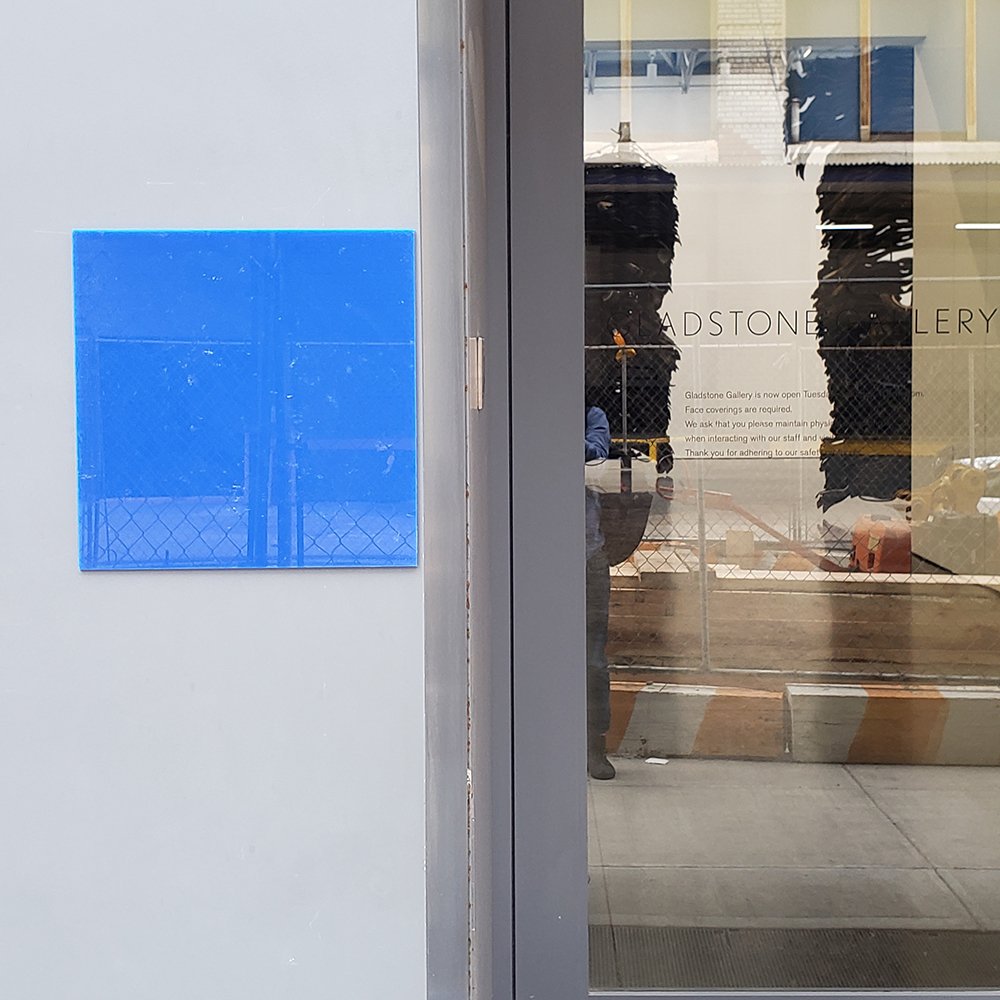
“To swim among them, wedged within the still surface of a mountain lake, snagging their thoughts with an overcrowded mind and forever displacing them into their own currents, just another node in the whirlpool of the great membrane of the human mind.”
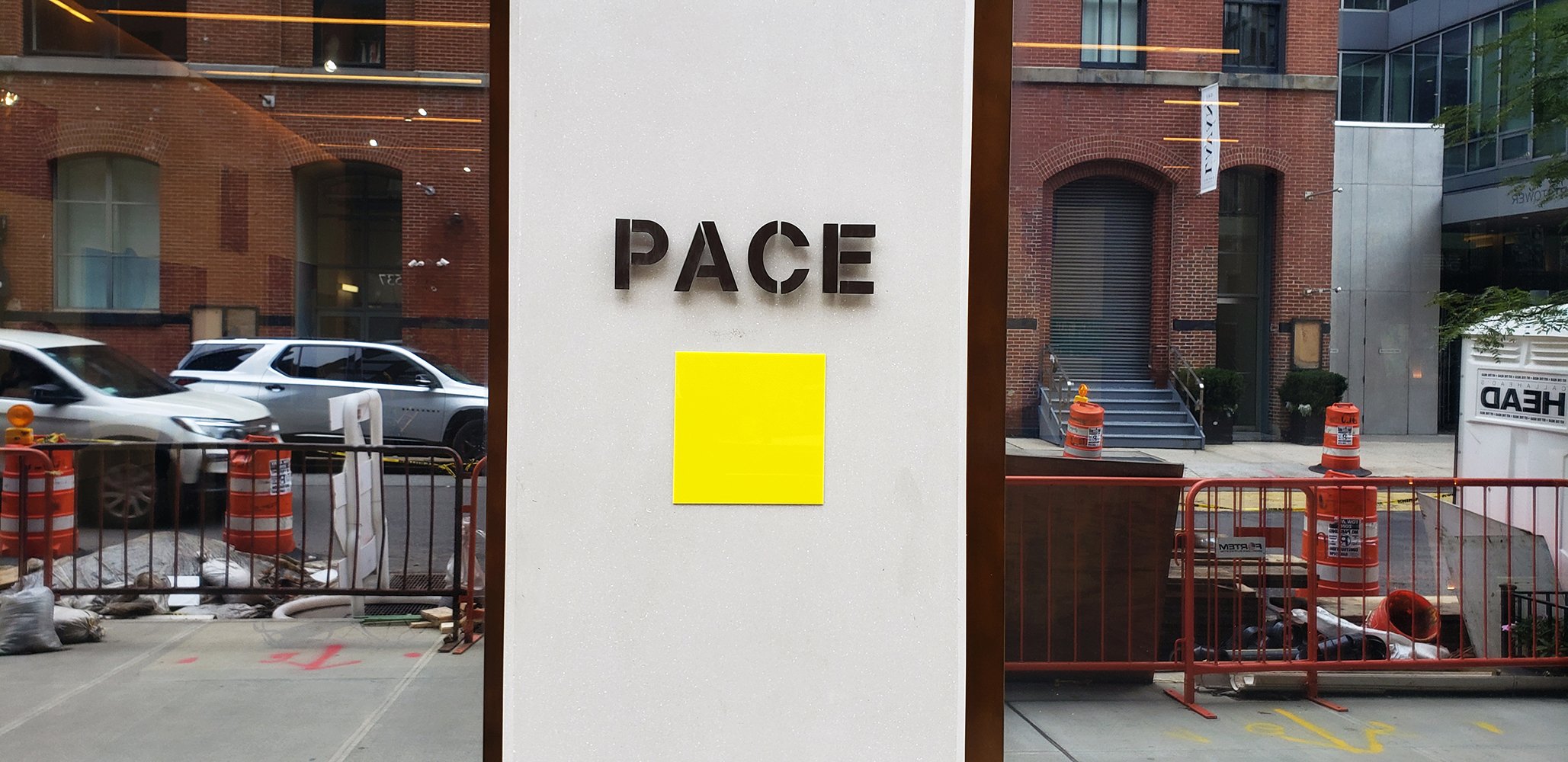
“She imagined that one day she could buy tentacles and sensors for the Earth’s magnetic field, glands for spider silk and gills, internal male sex organs and an external womb that would hang off her back for everyone to see her babies develop. She could buy green wings full of chlorophyll so that the sunny days would fill her body with pure glucose, she could buy claws and tusks and poison fangs and spines and a chameleon tongue and the thick skin of a wild boar to feel at home in all corners of the world ... Maybe she could even buy herself a heart.”

“There is no point in going to a museum when you are in love.”
